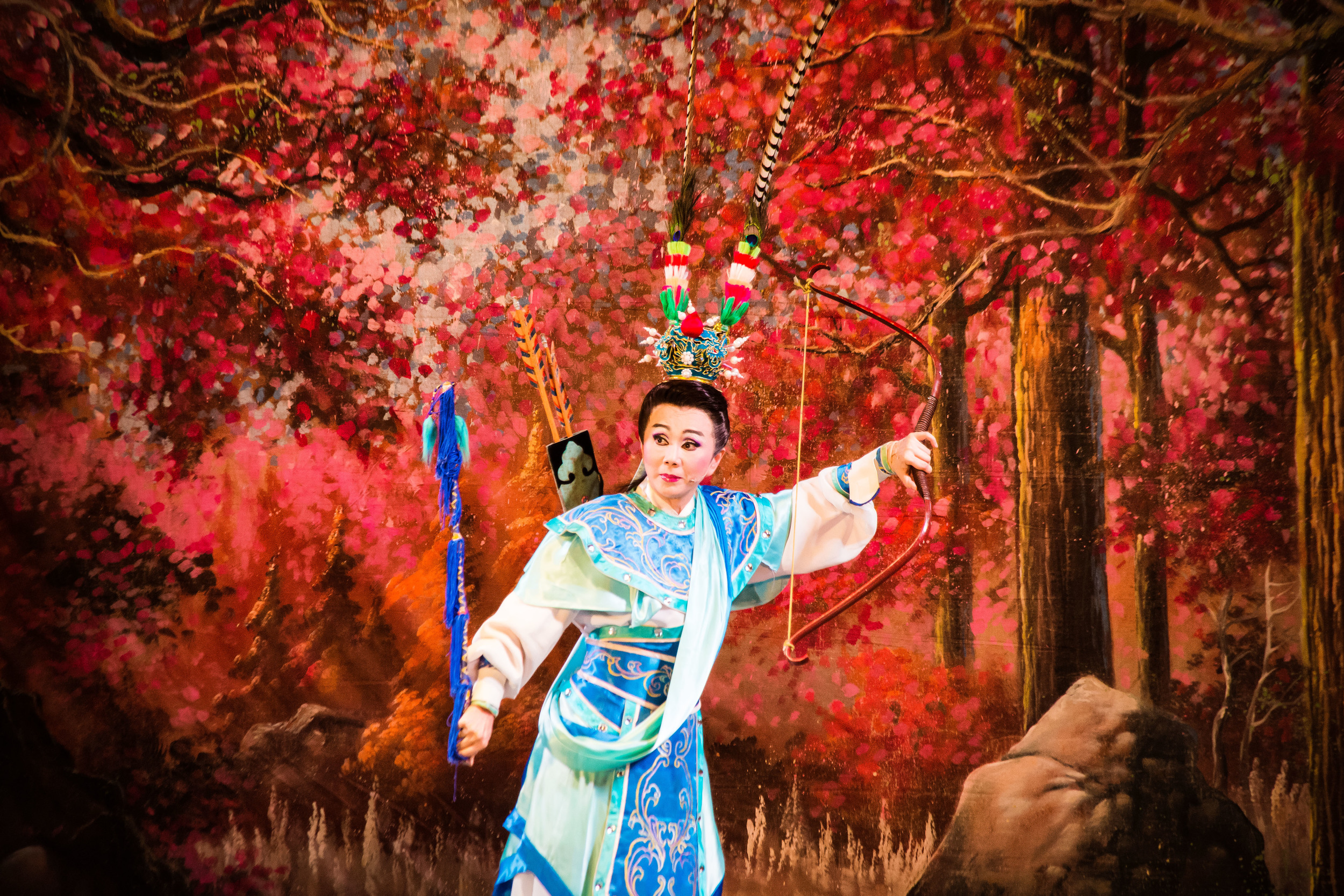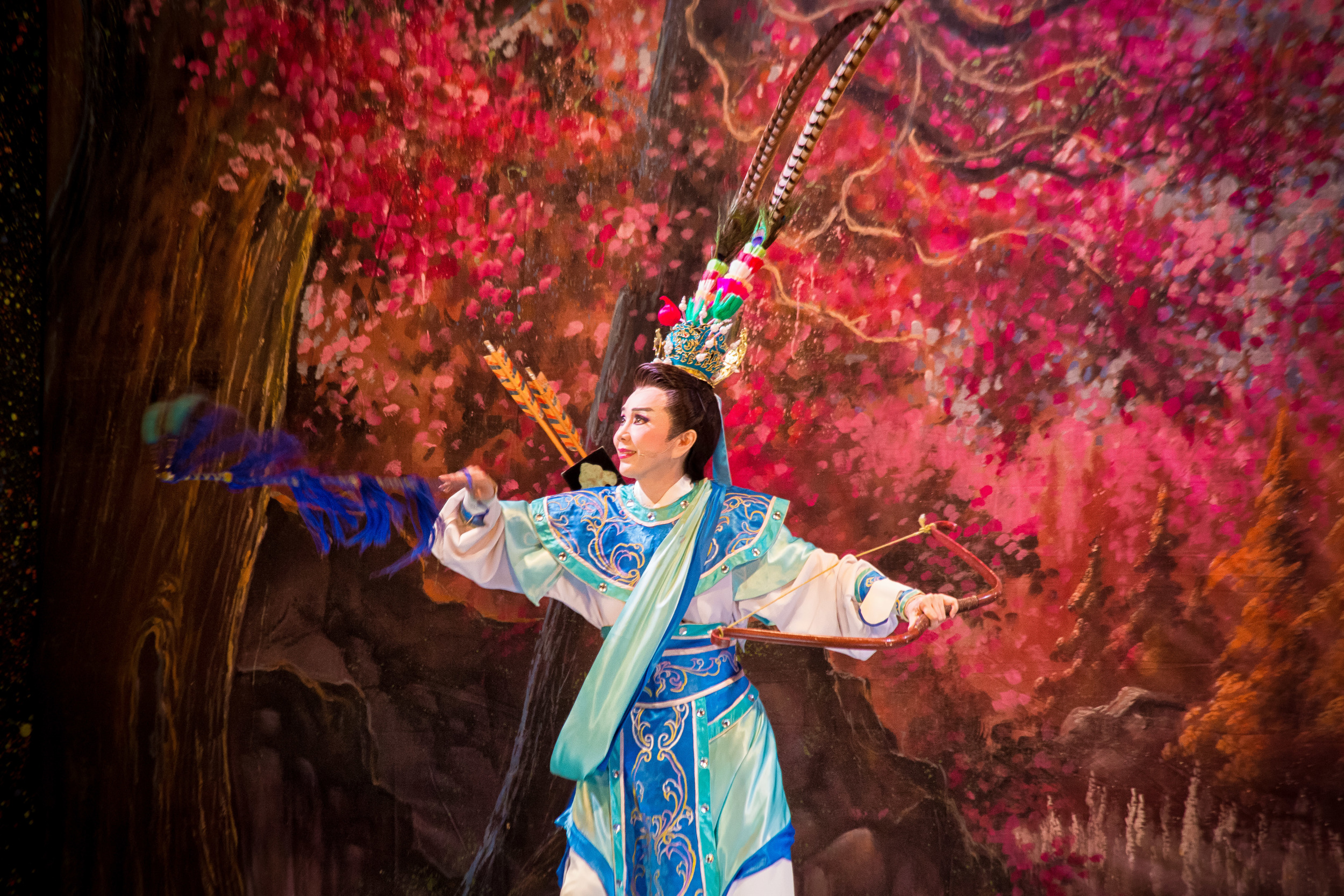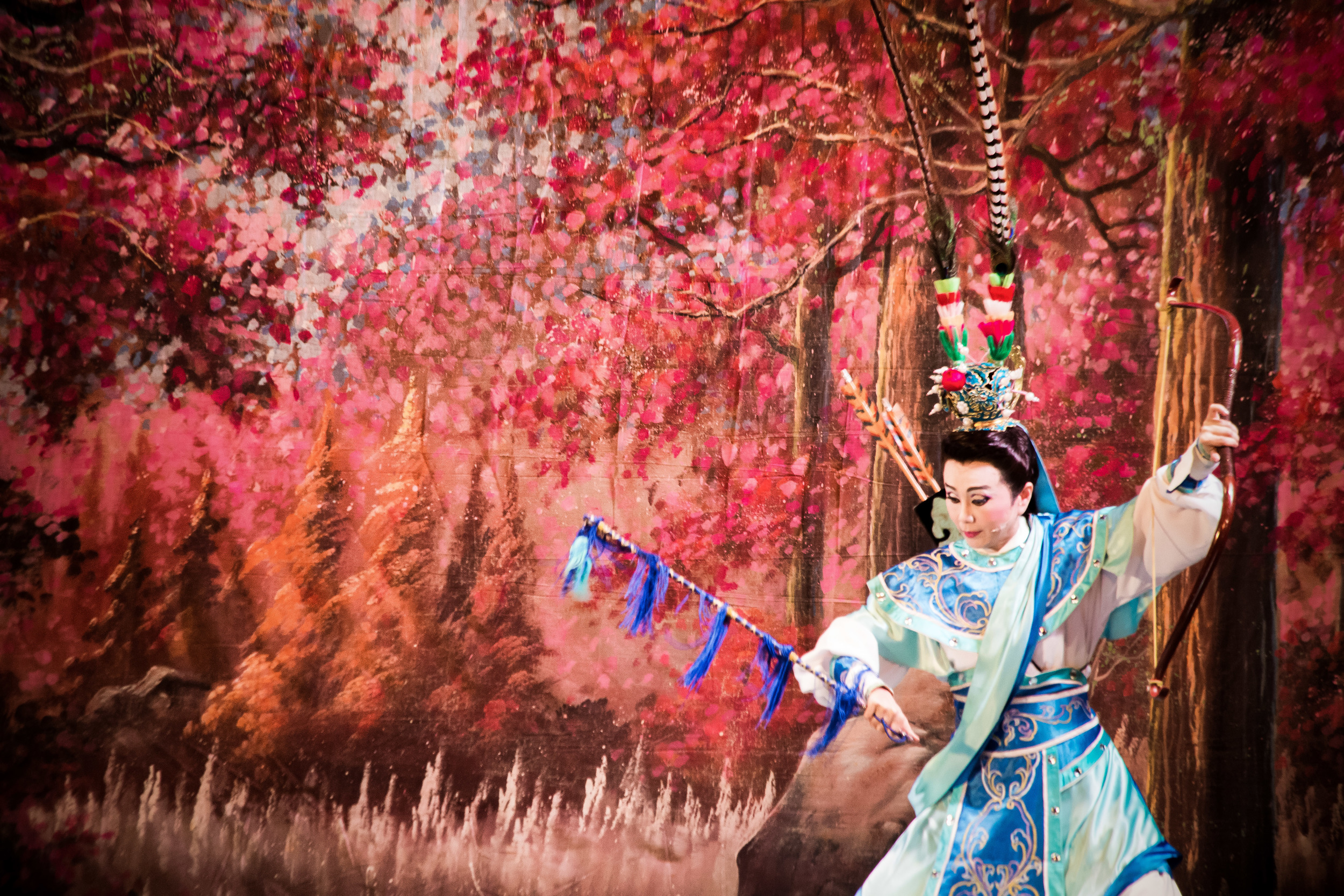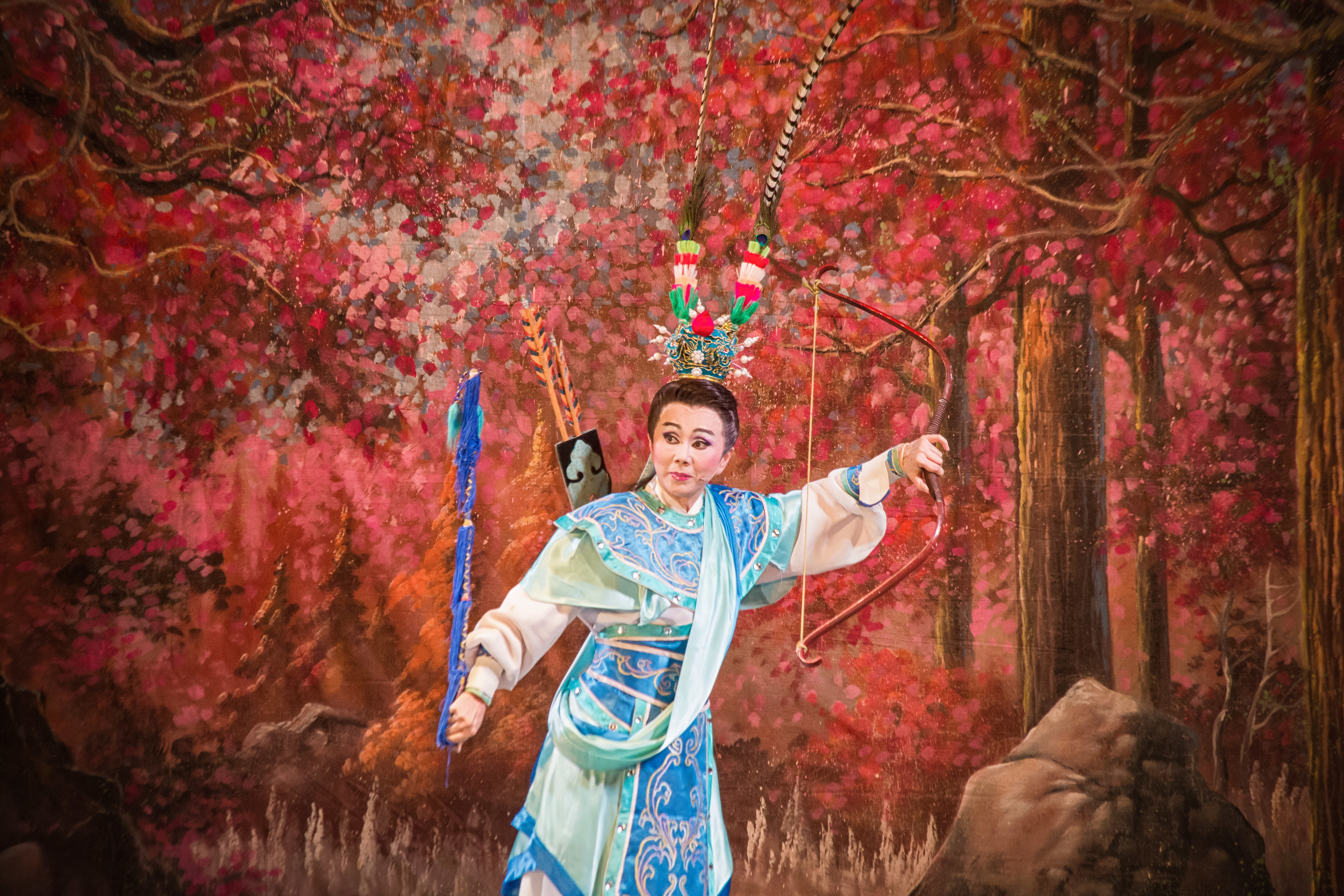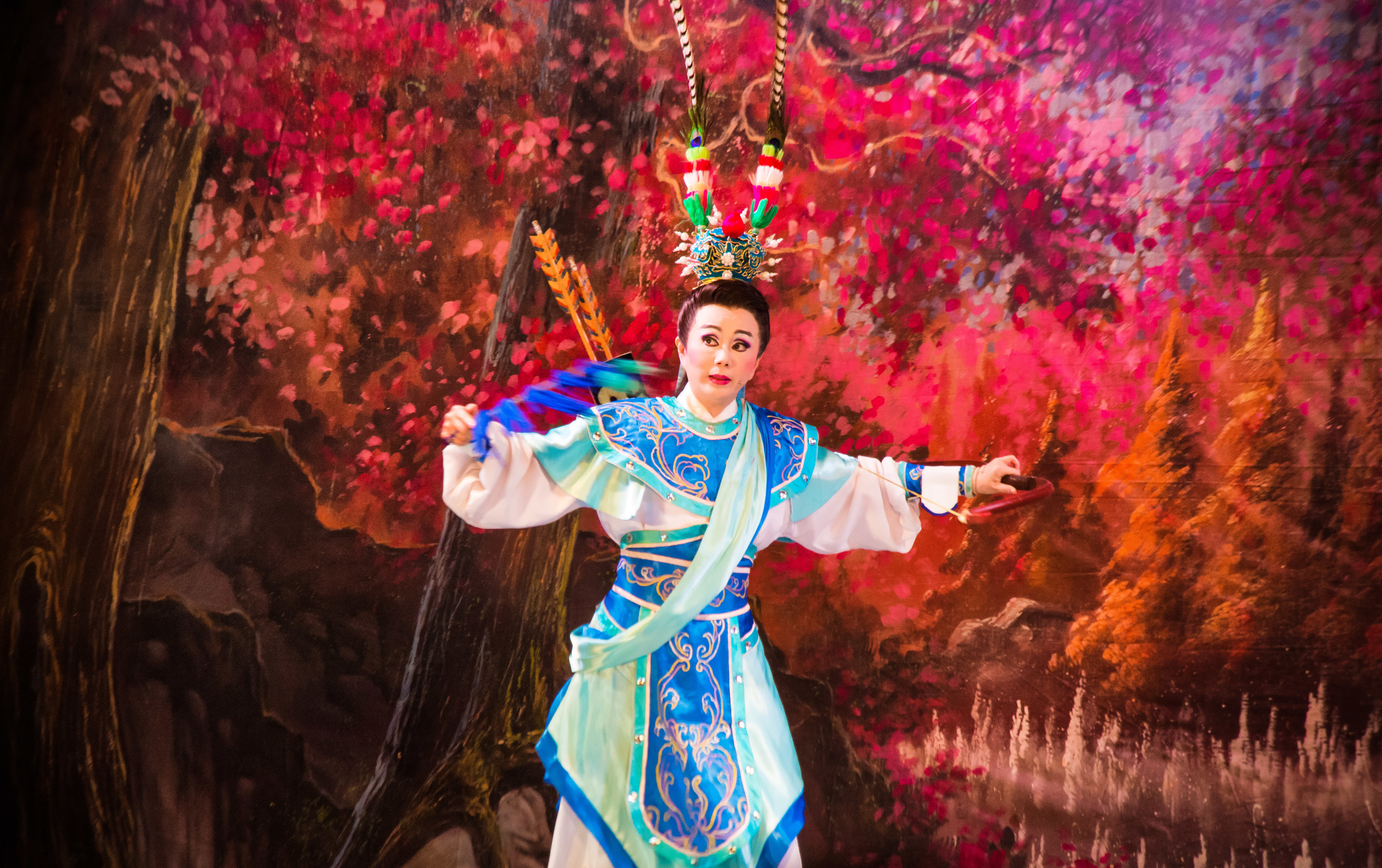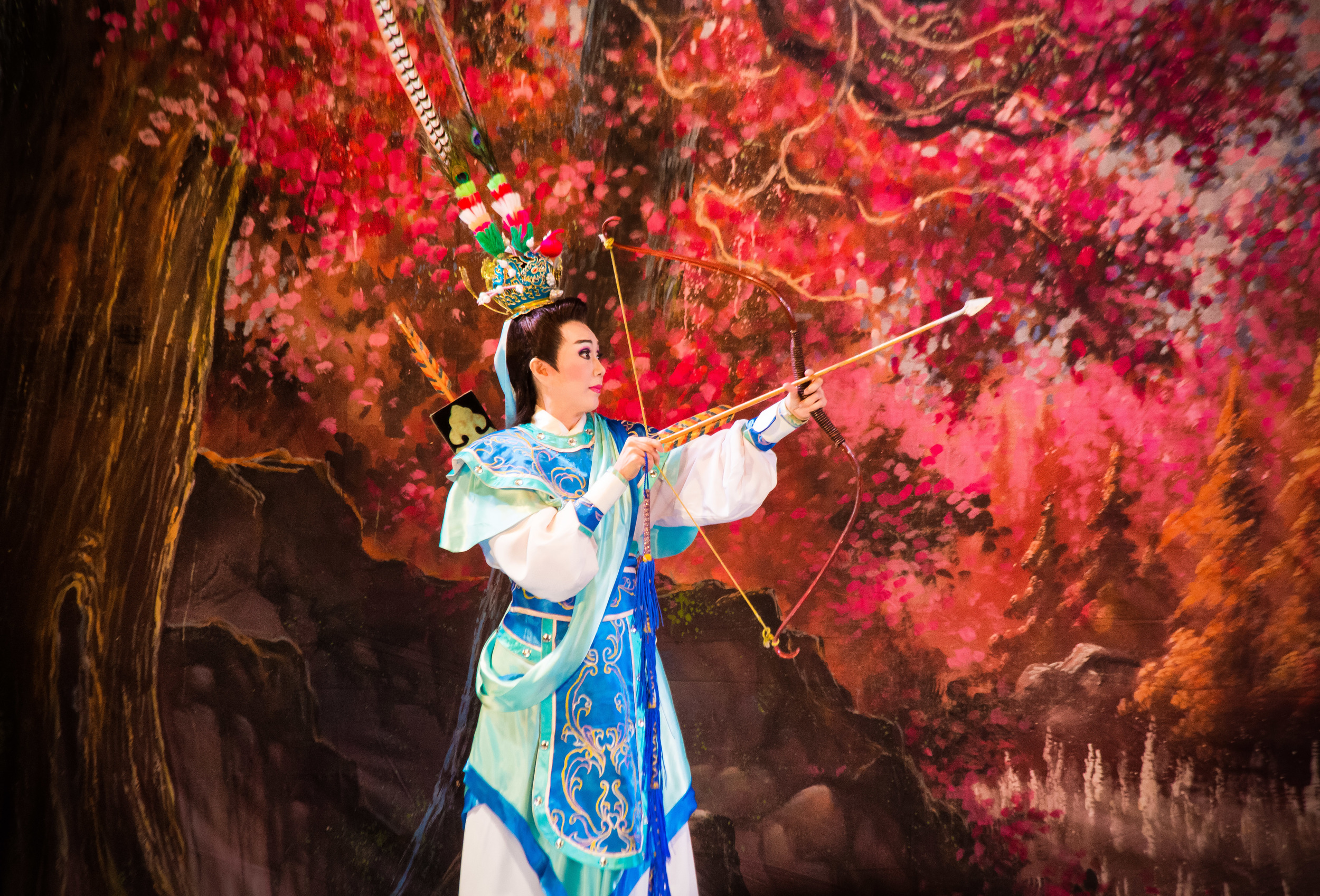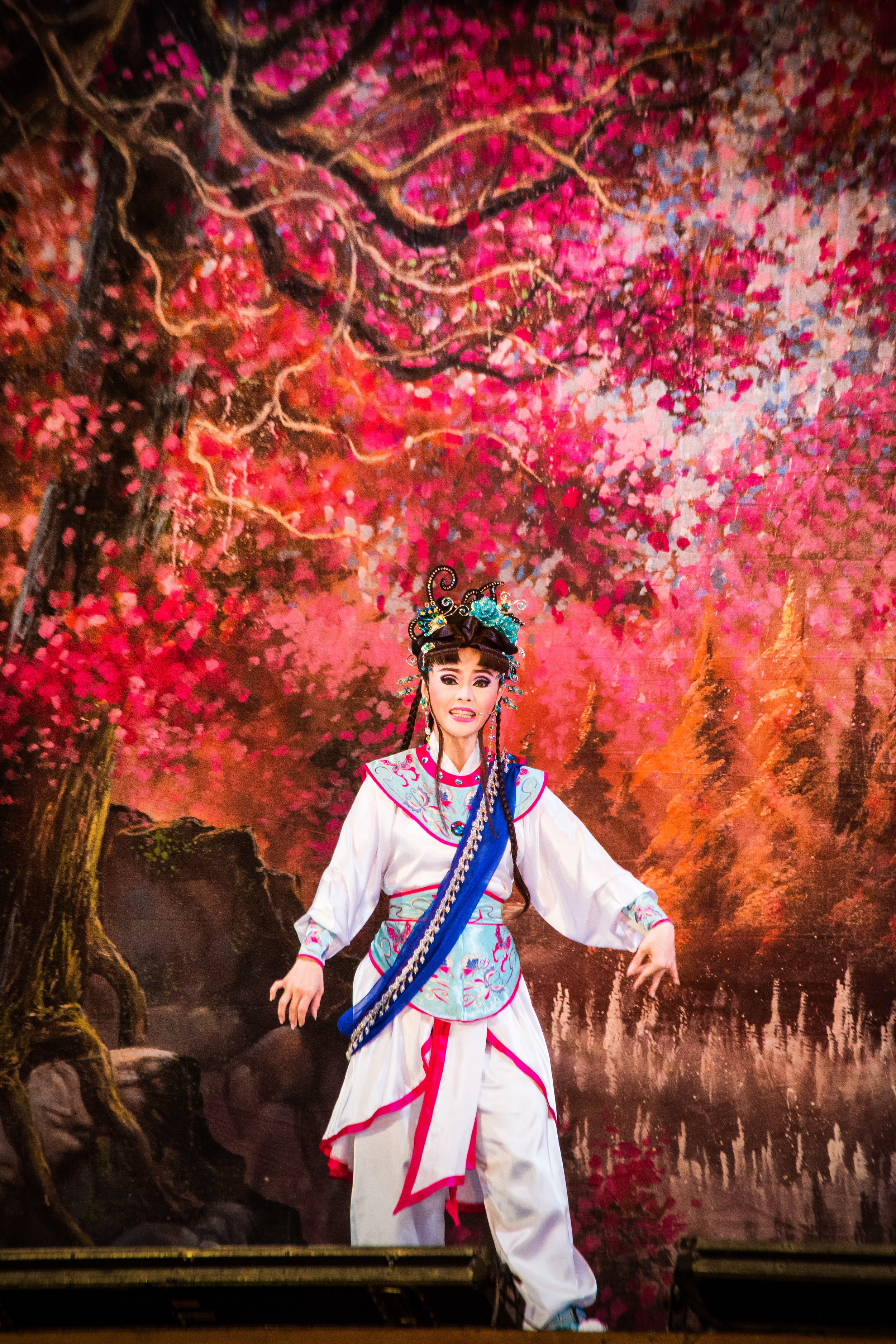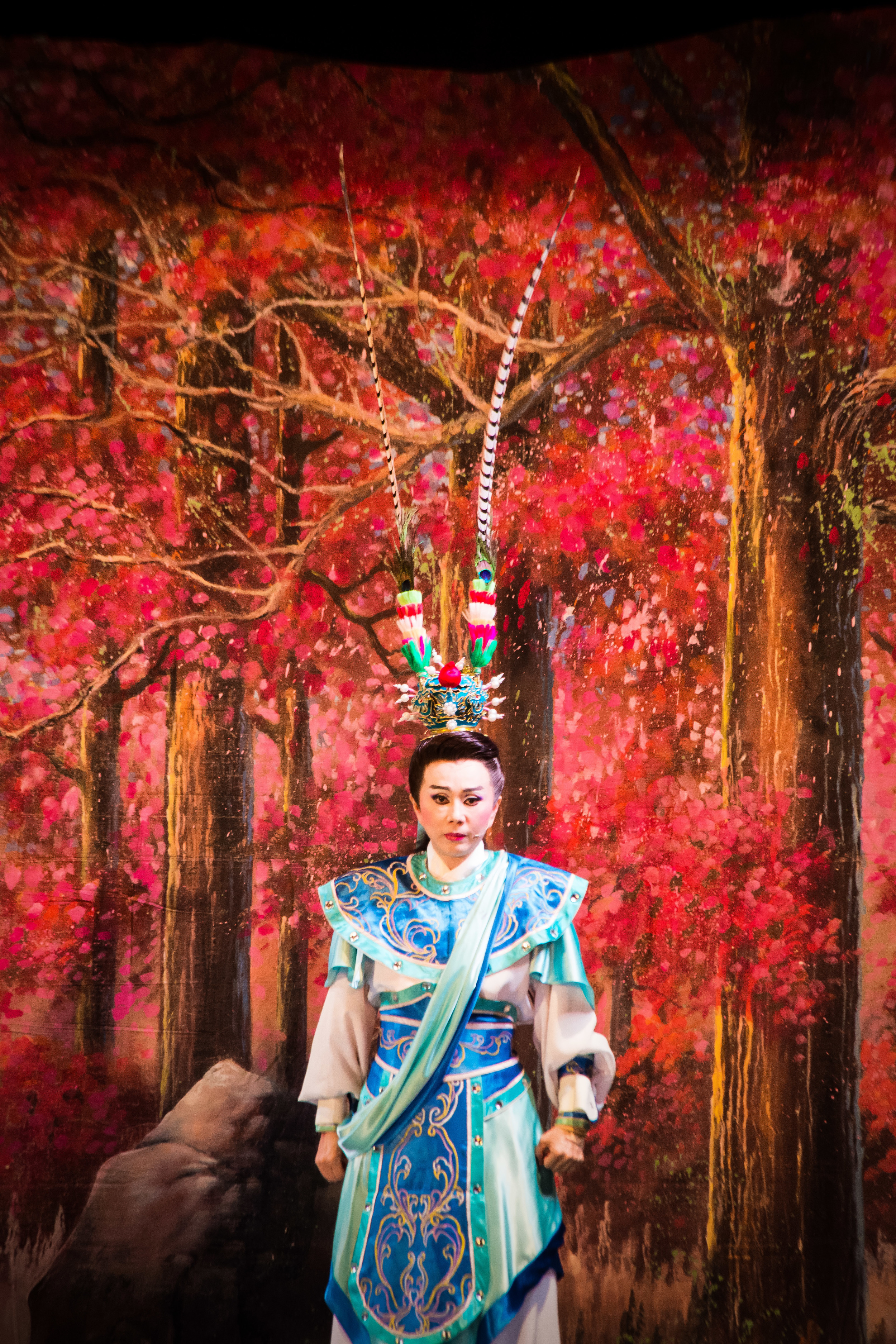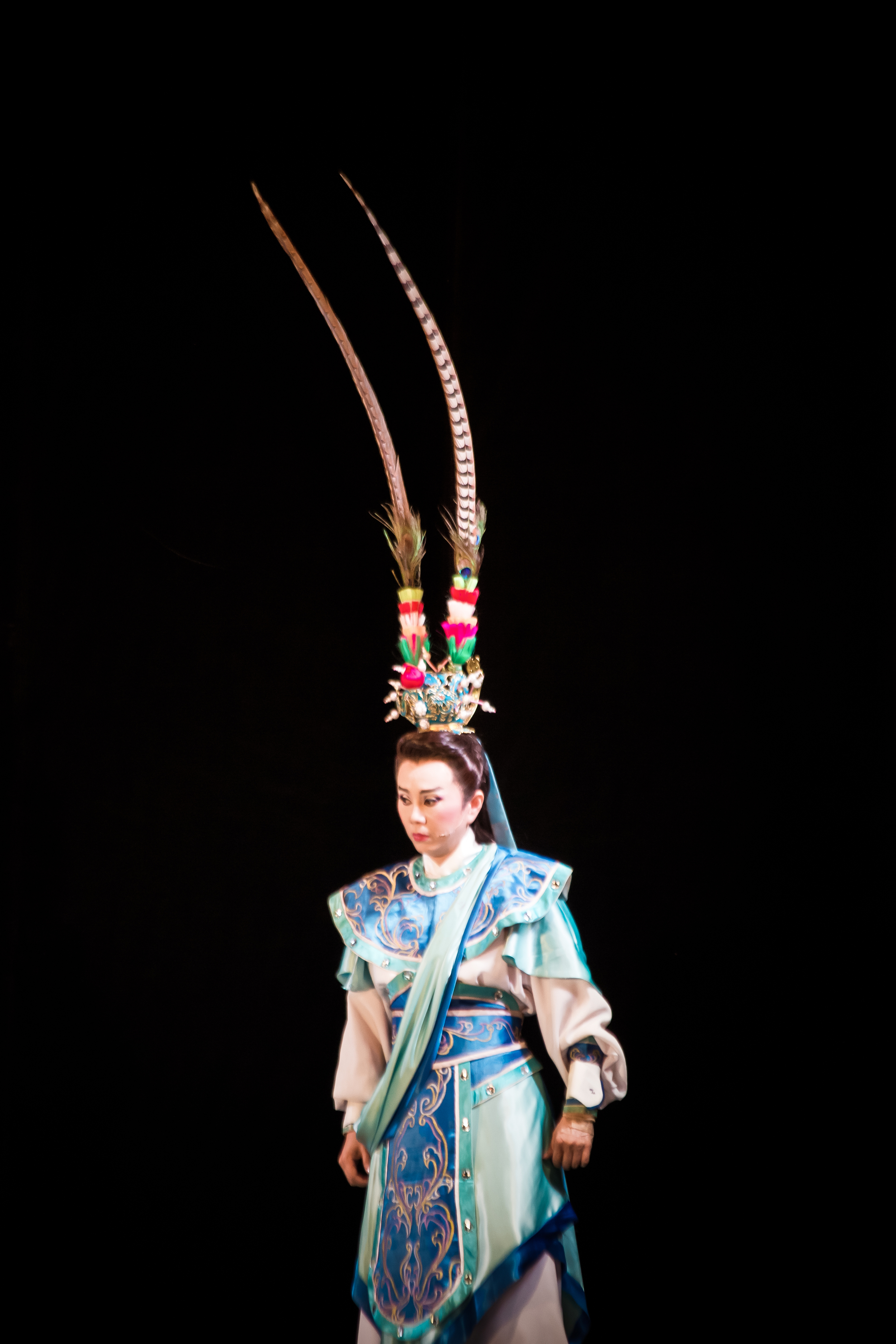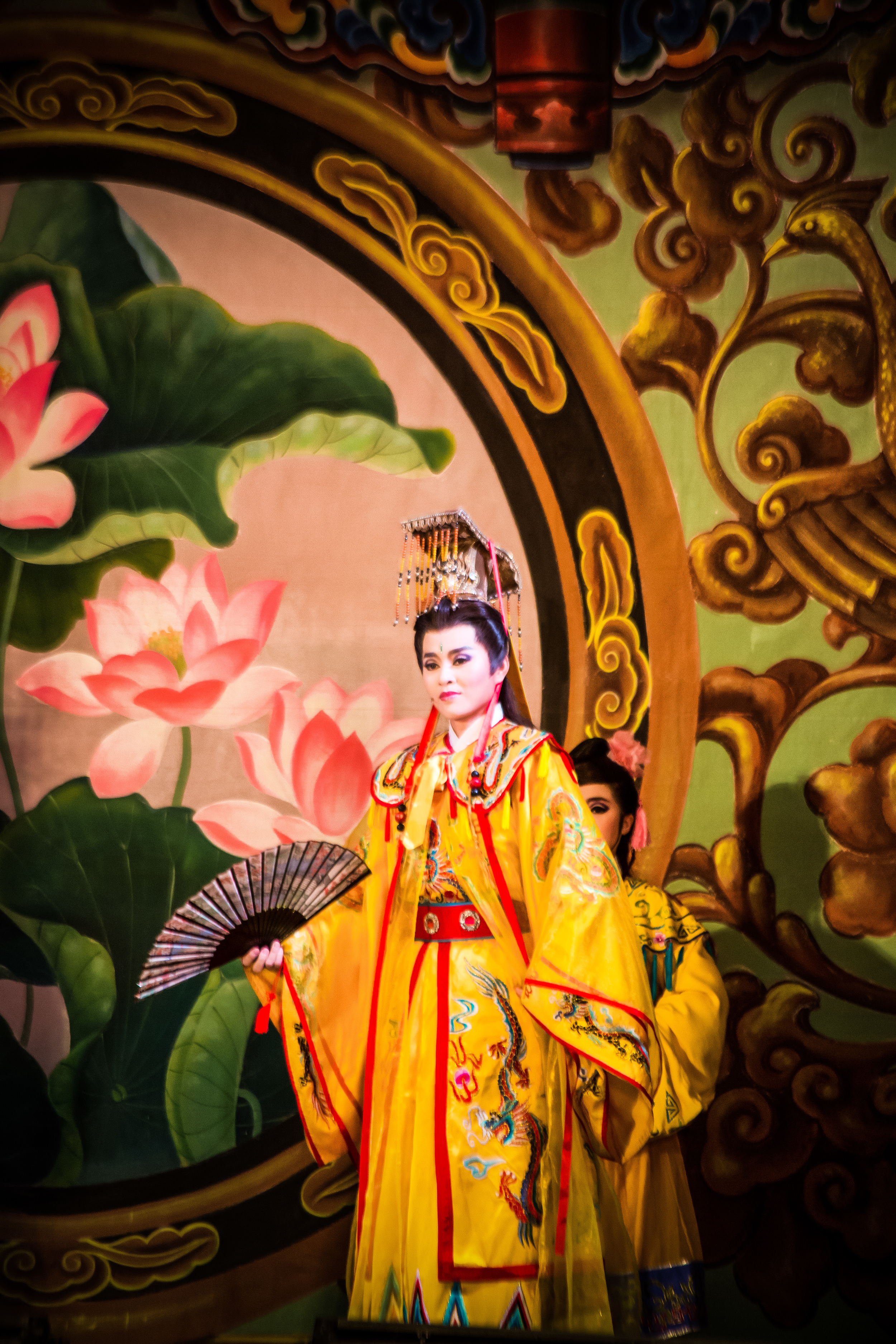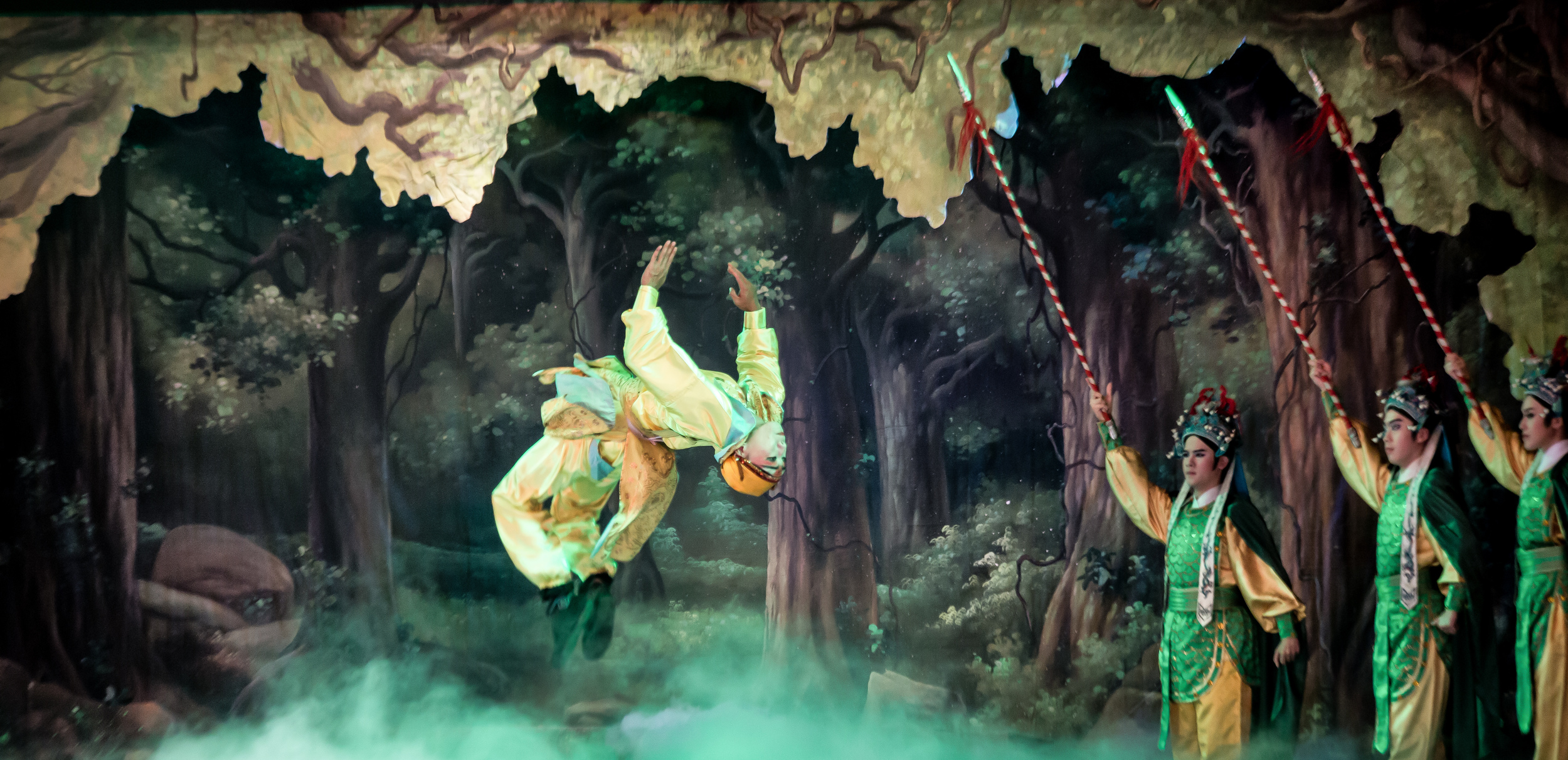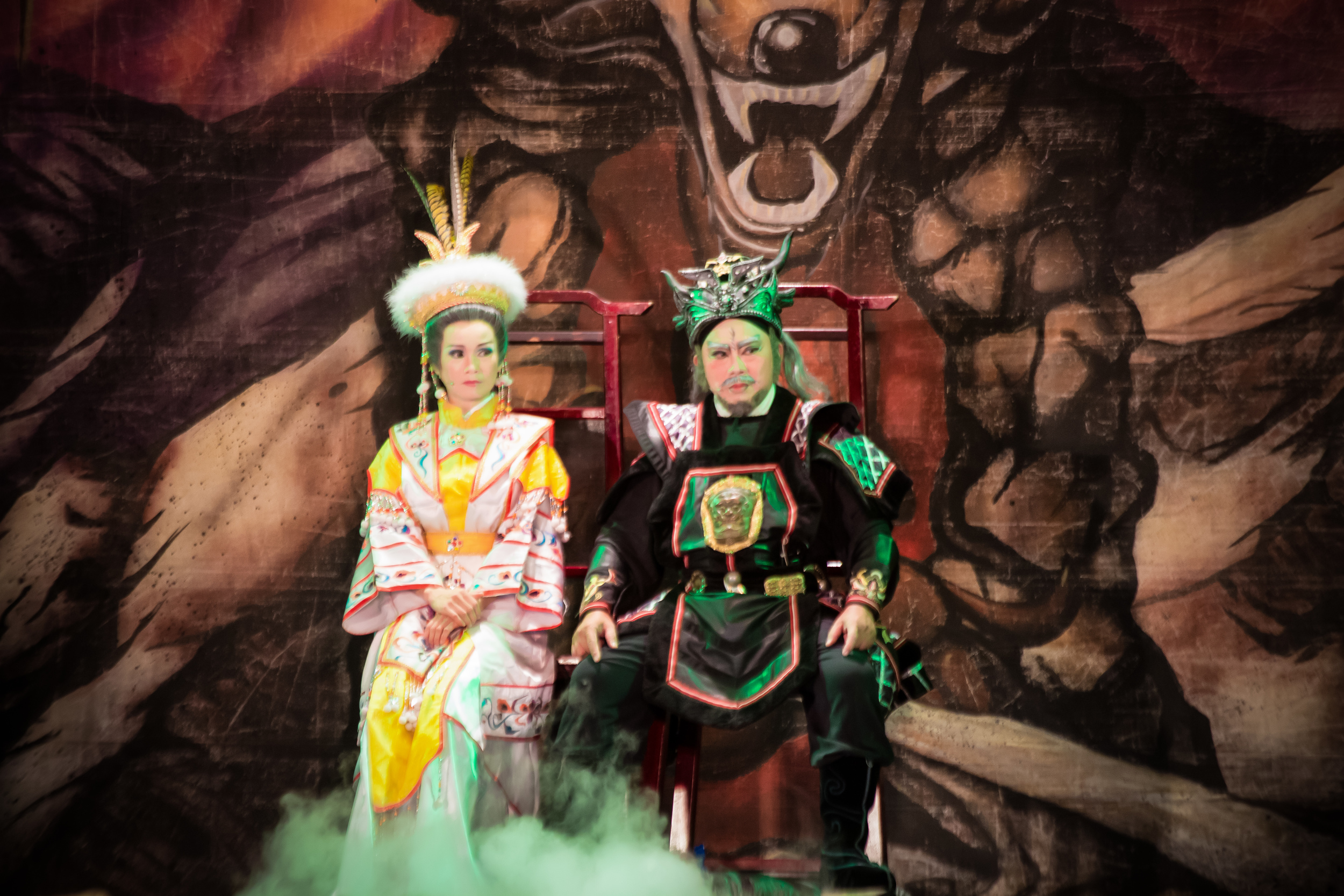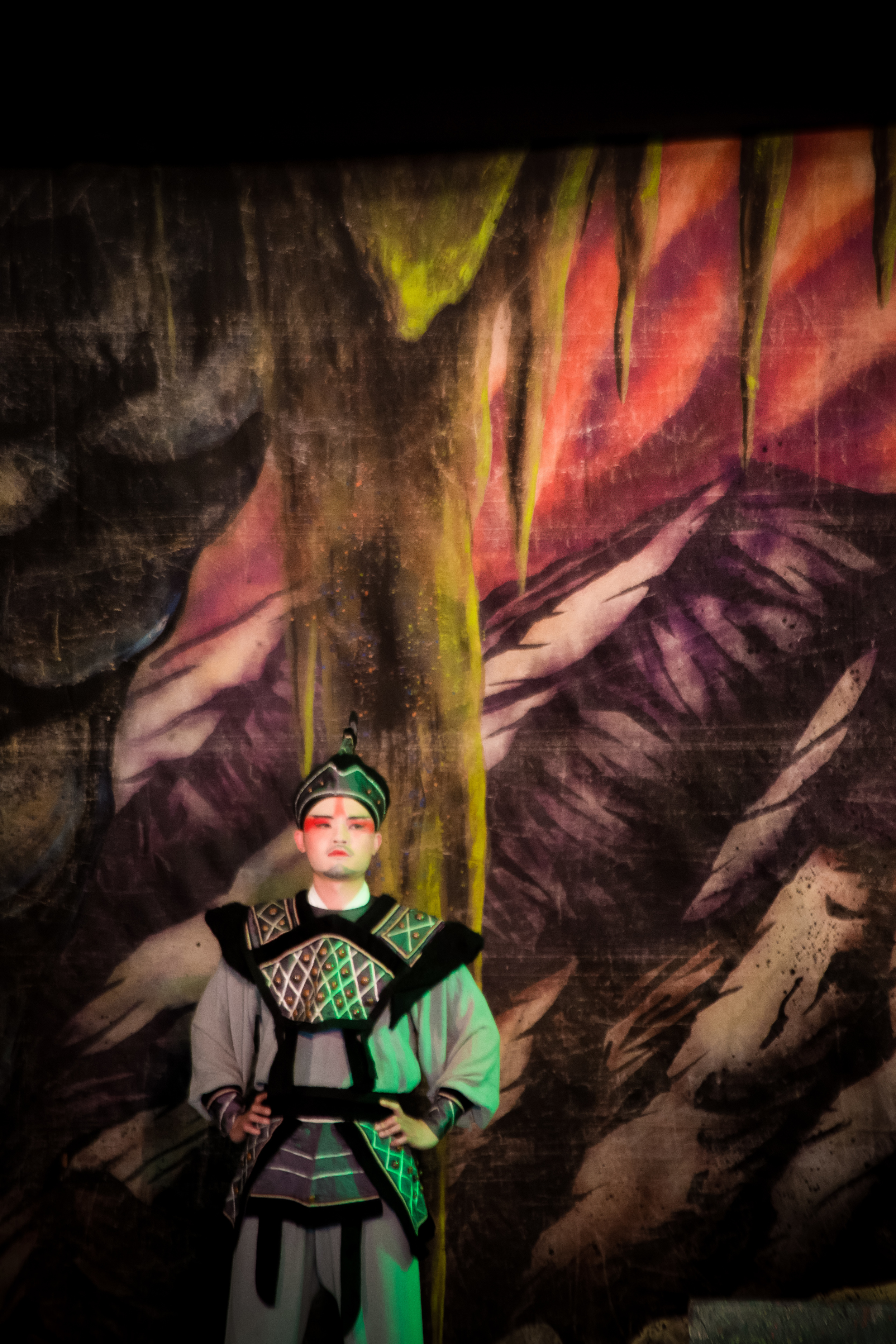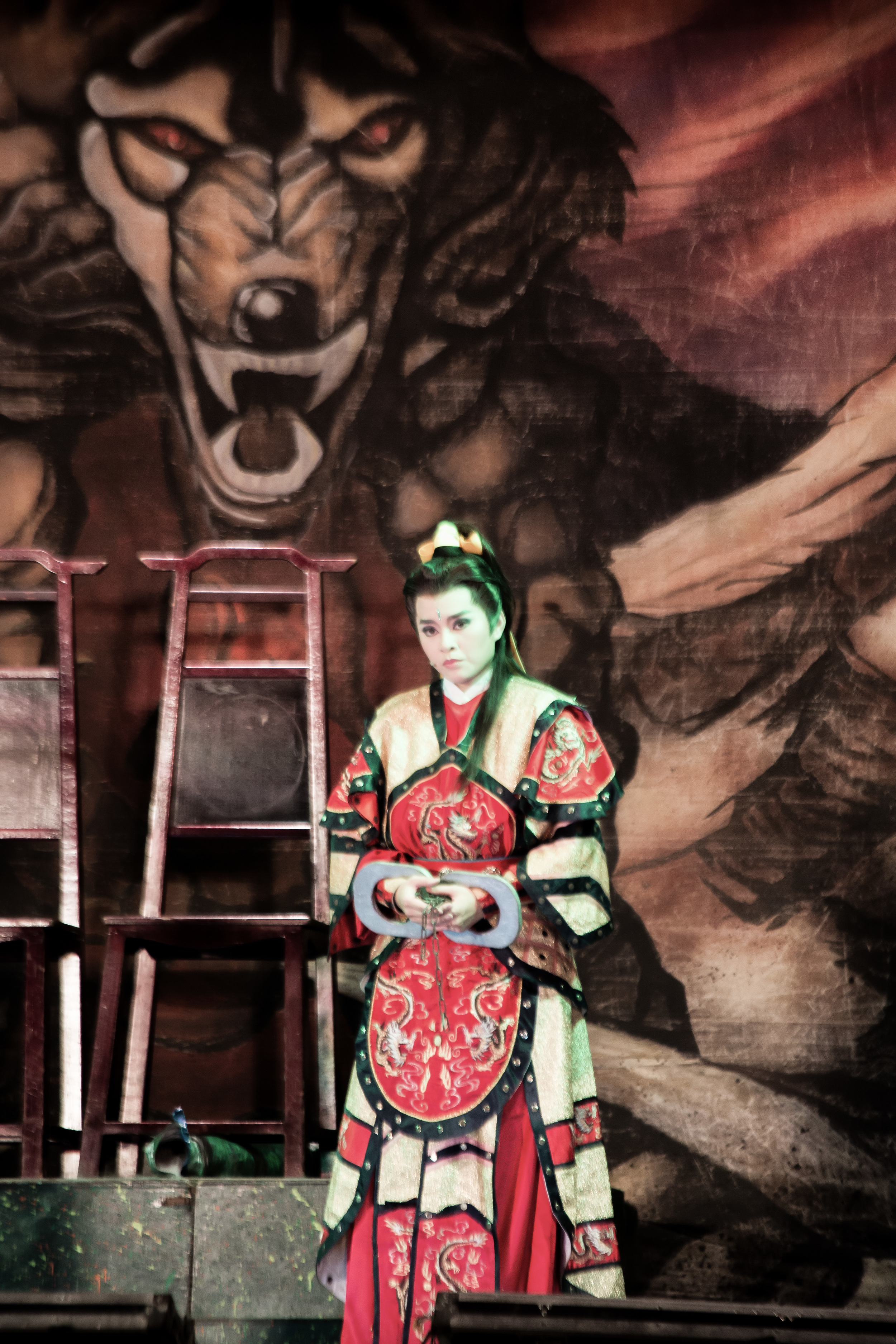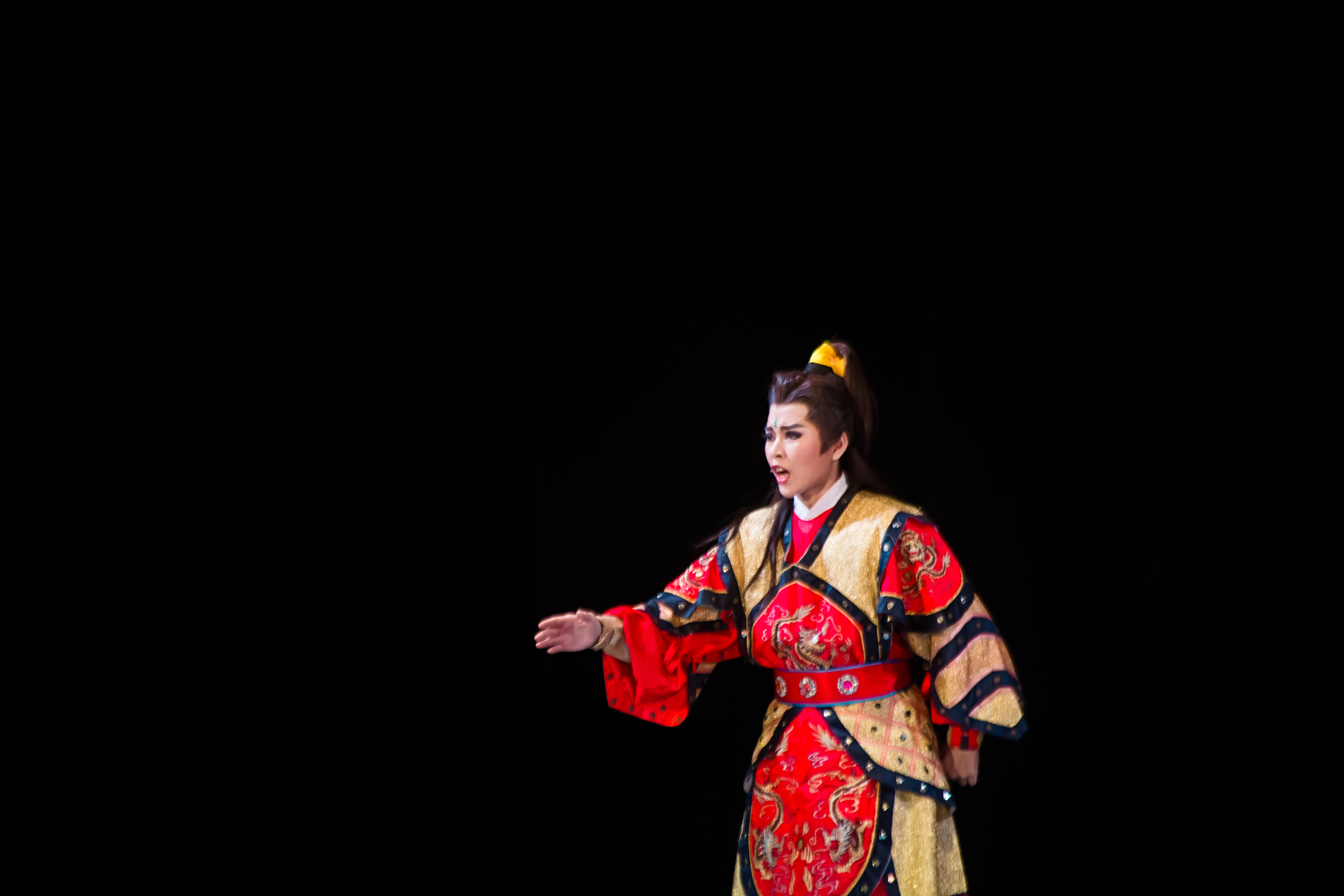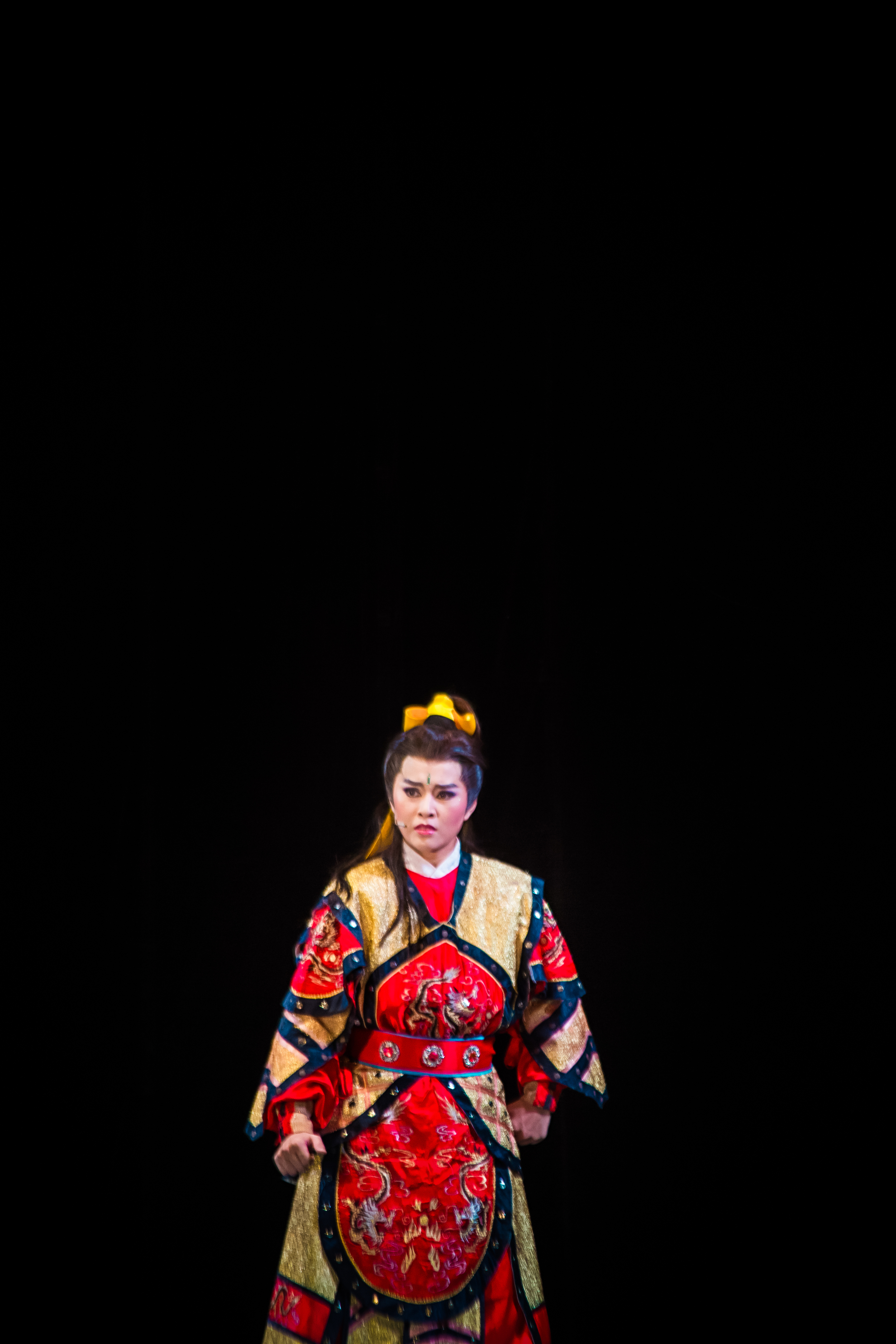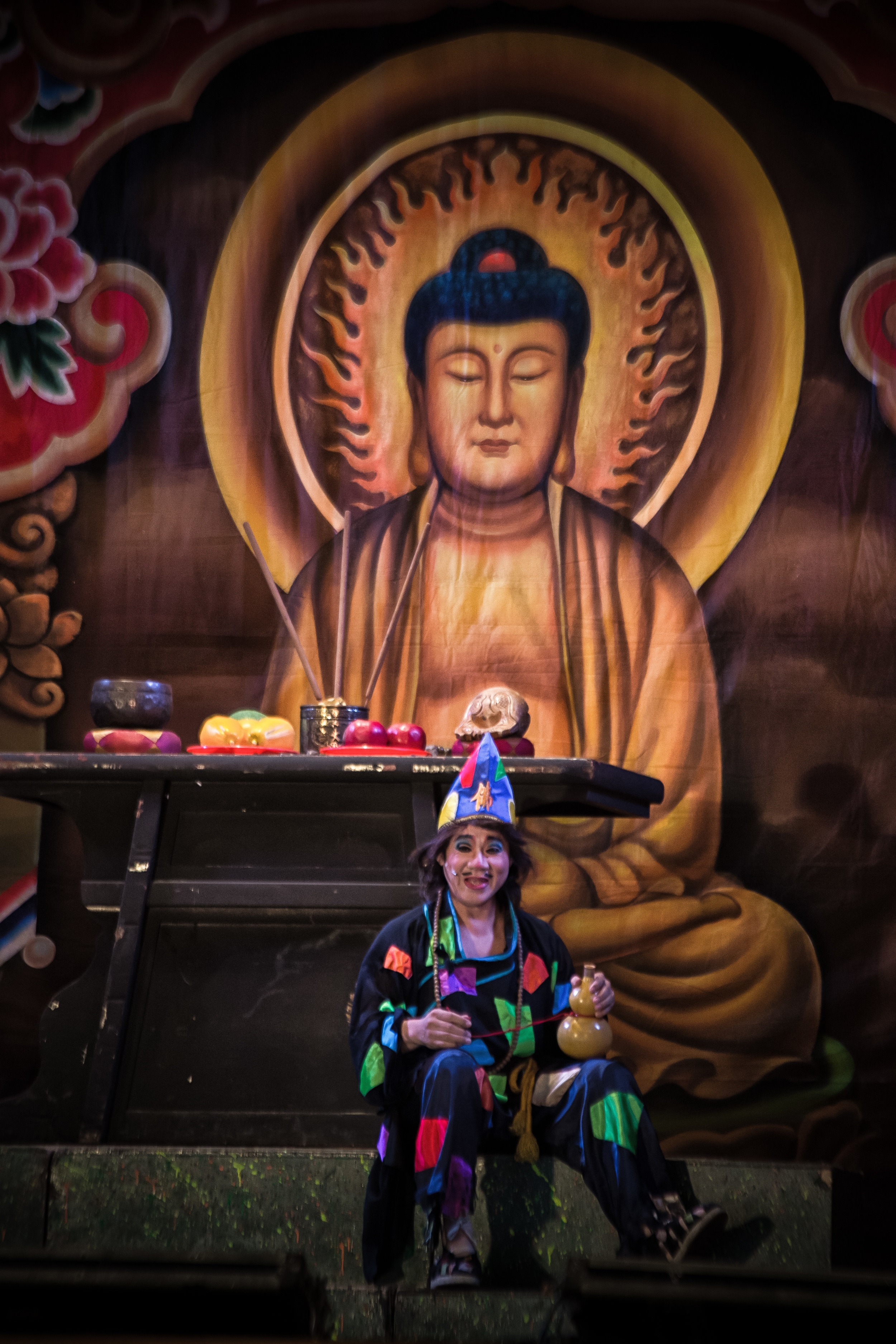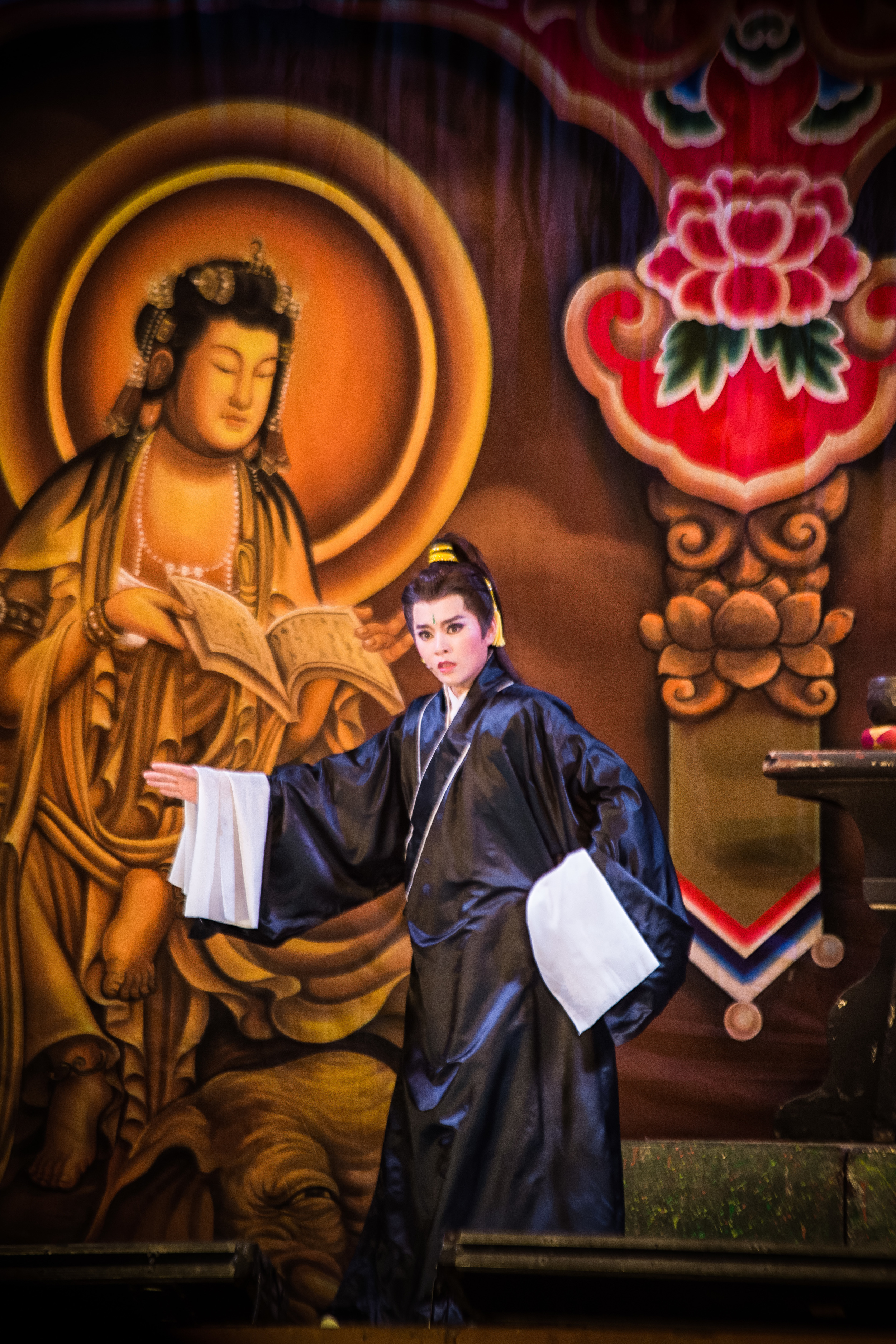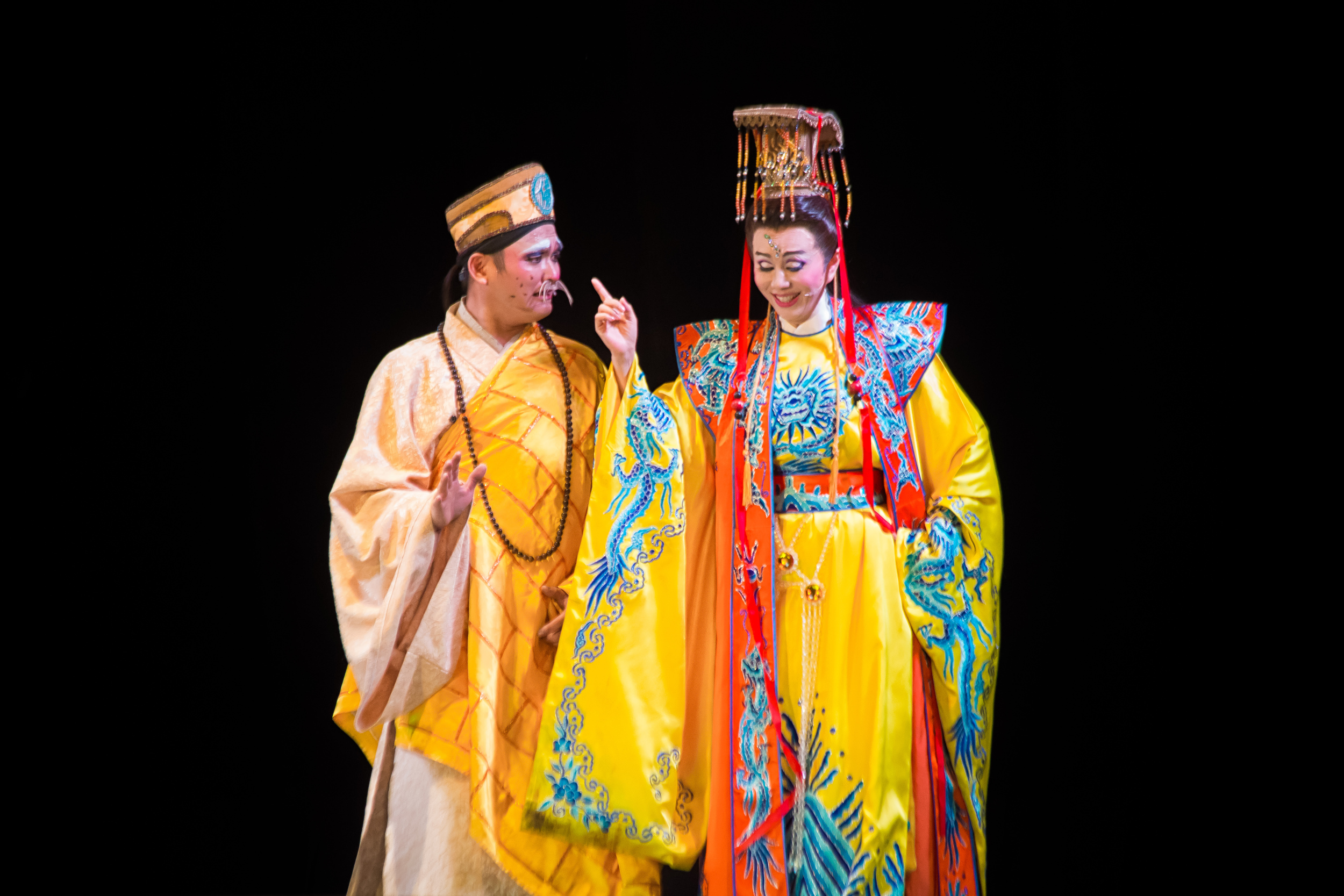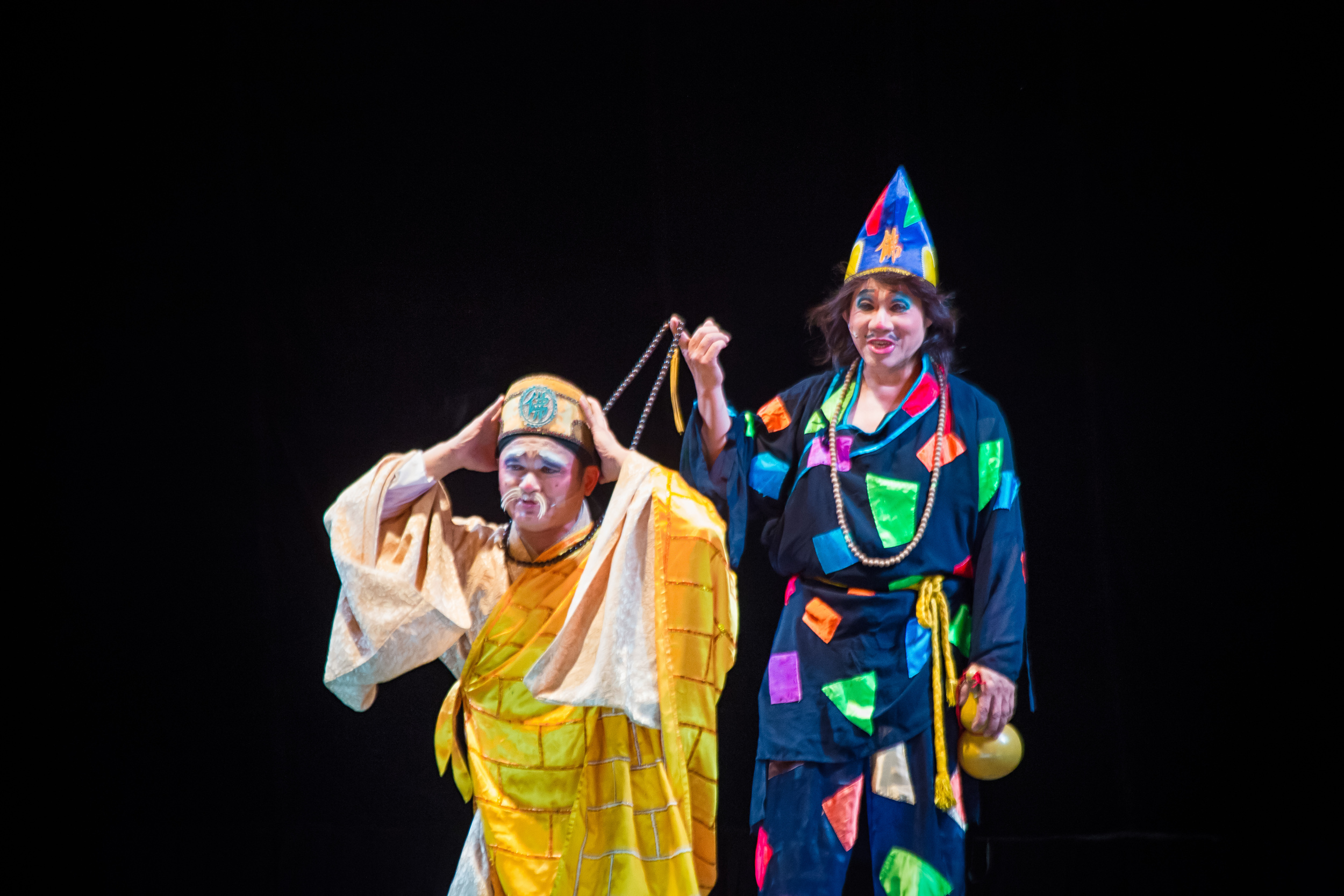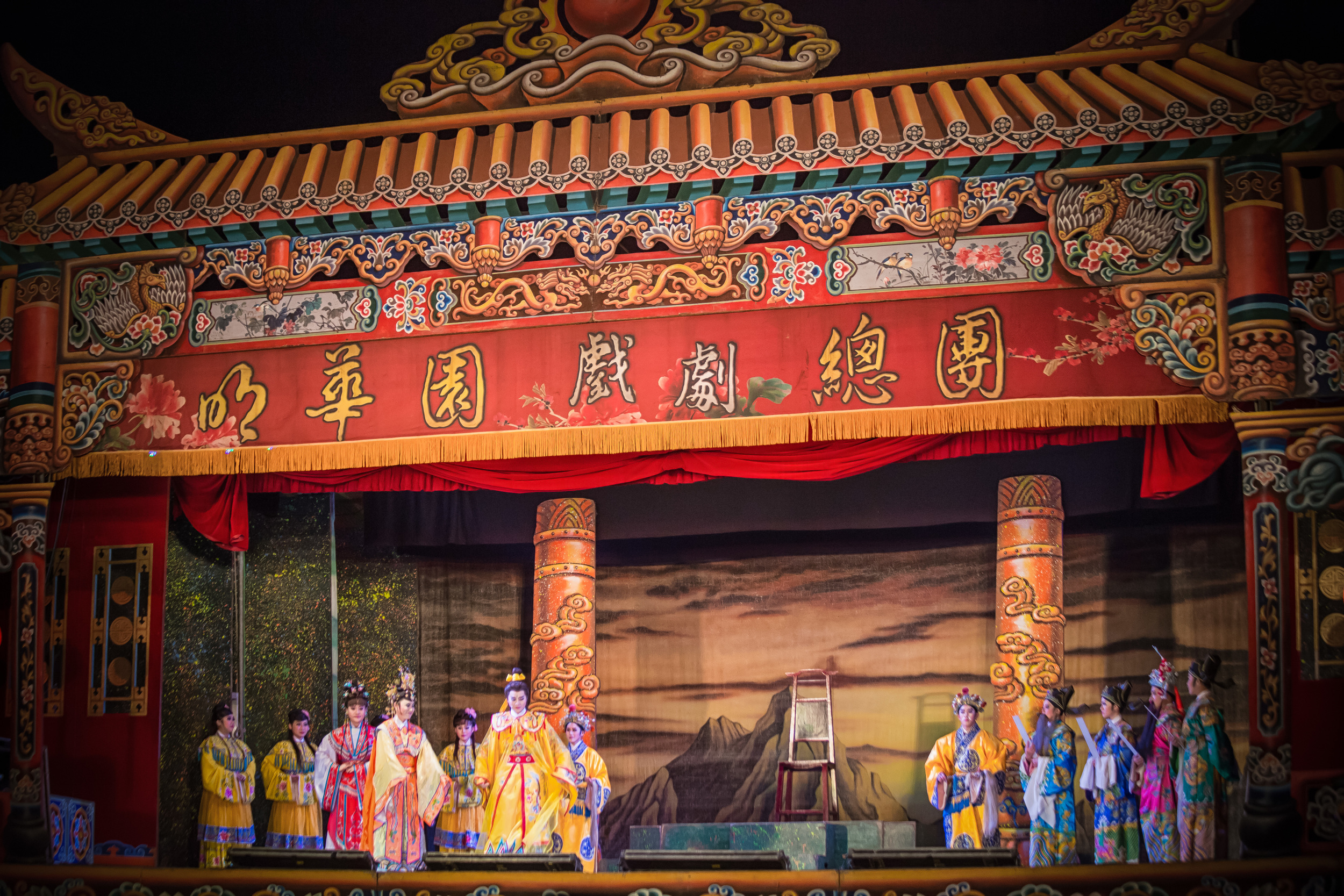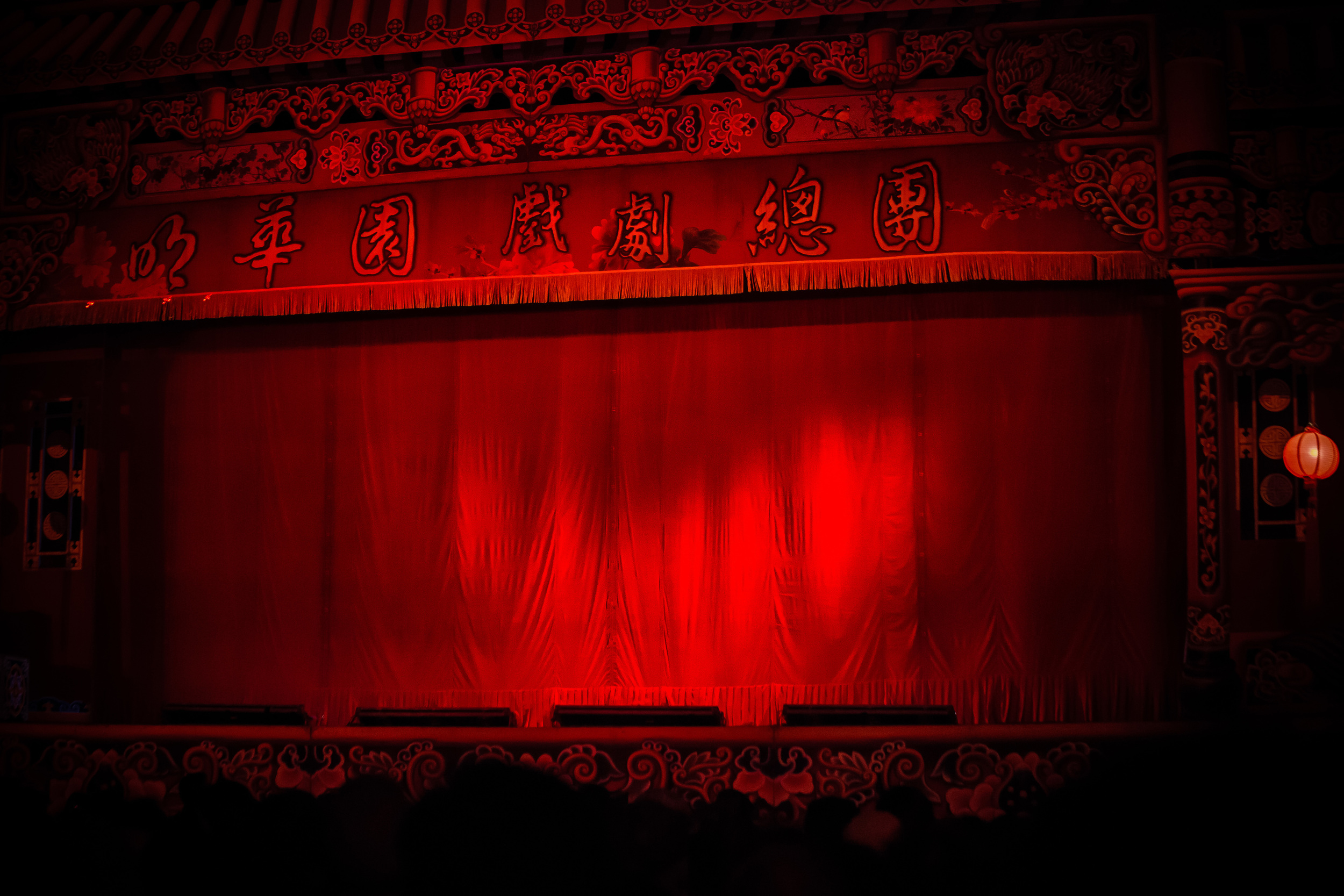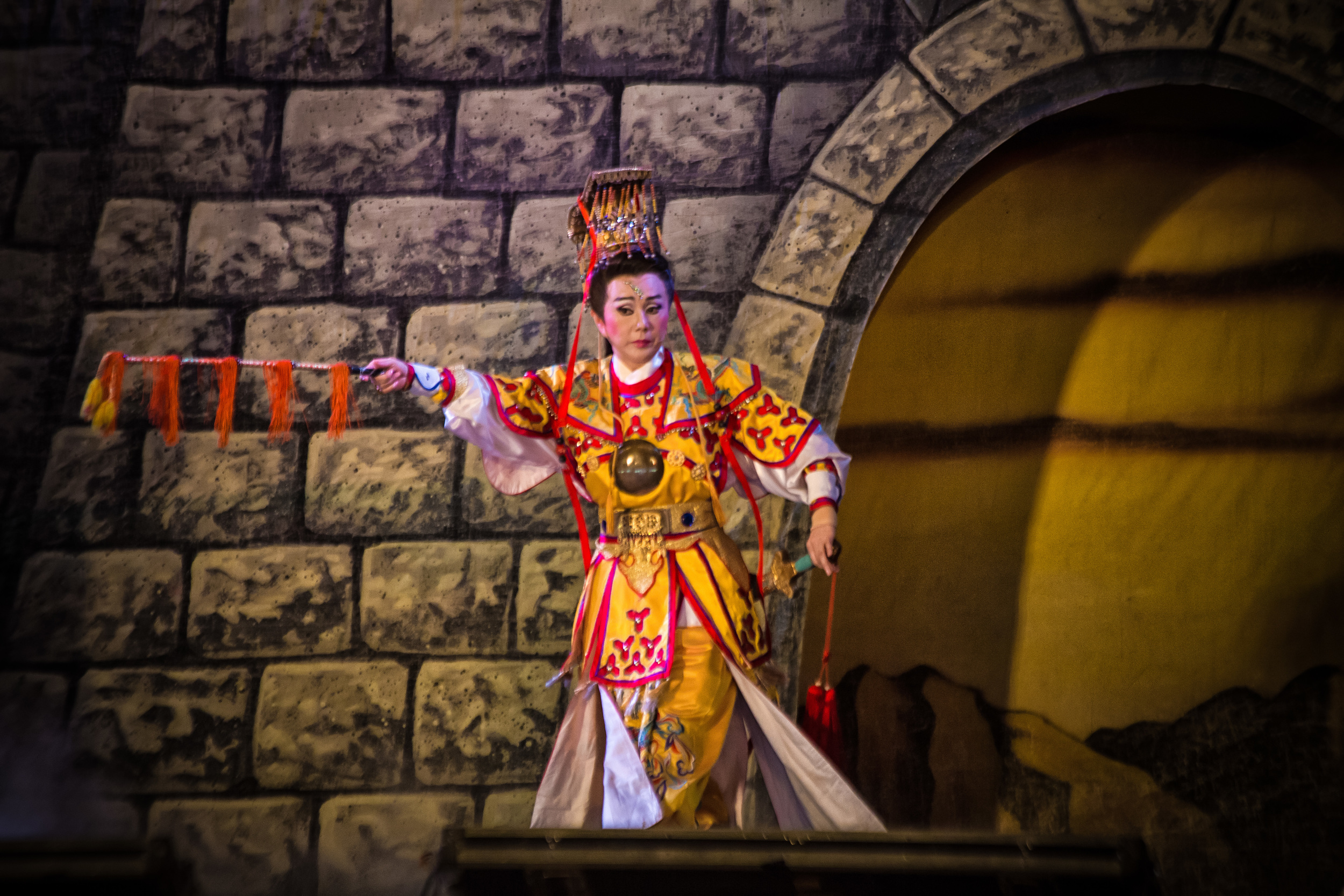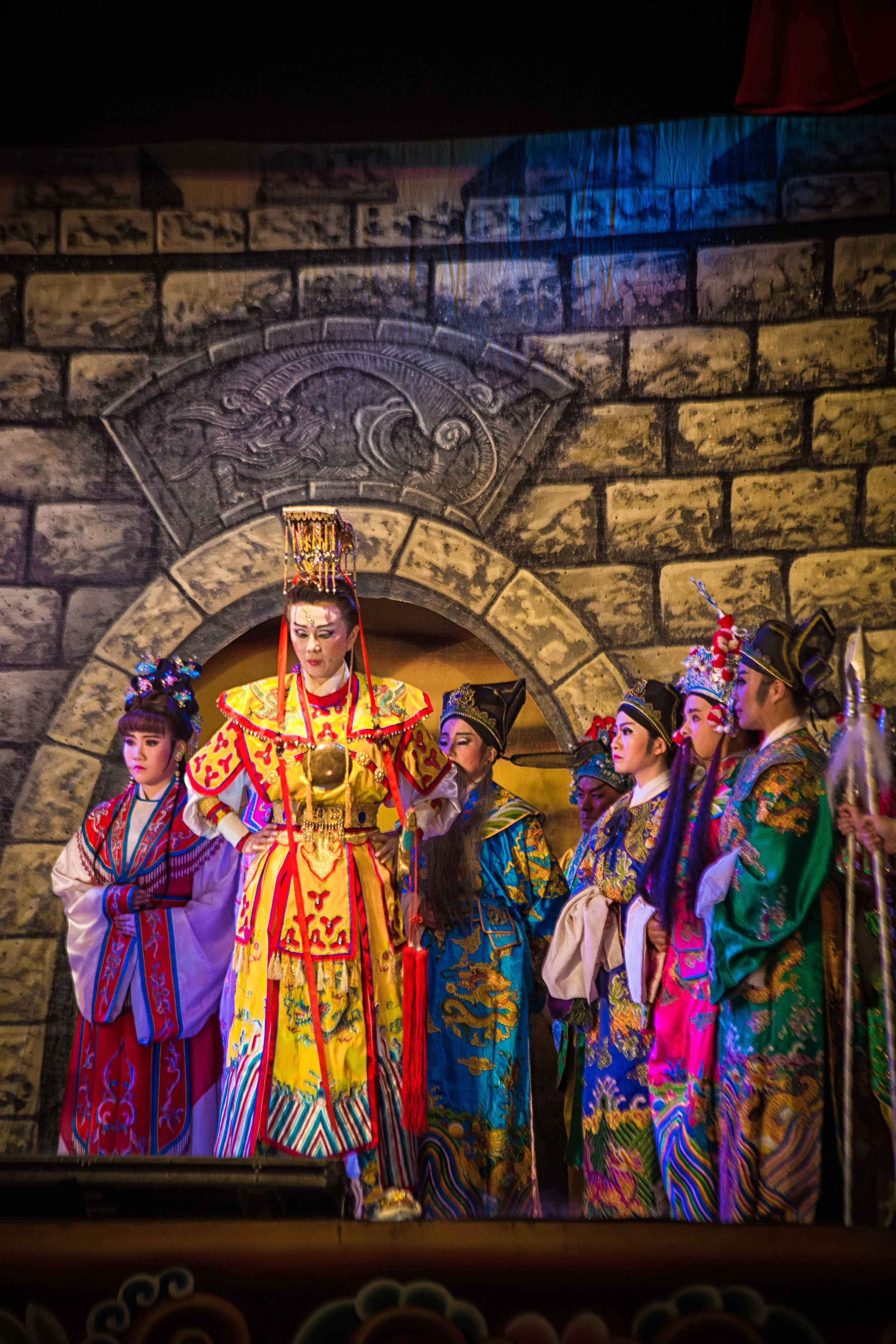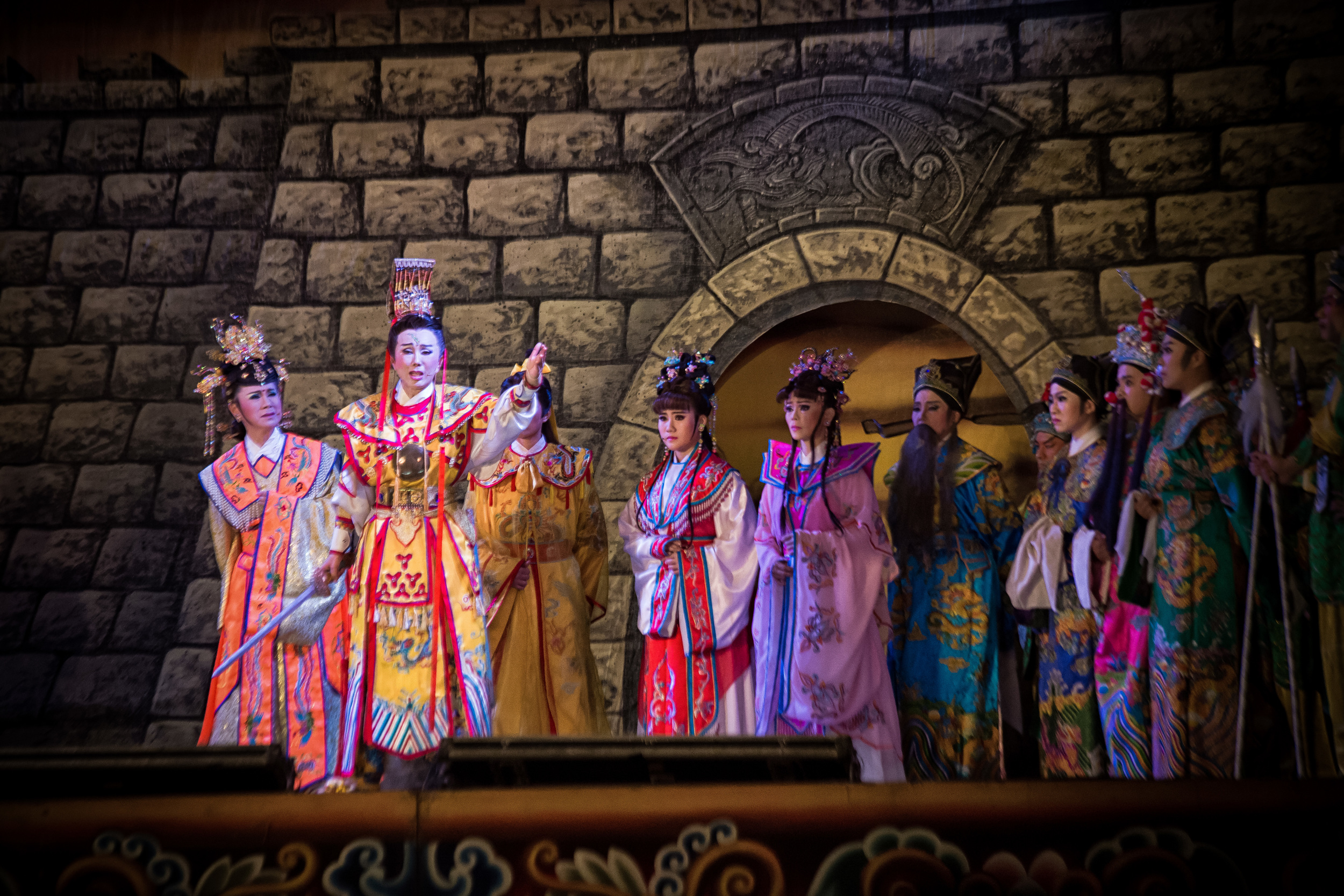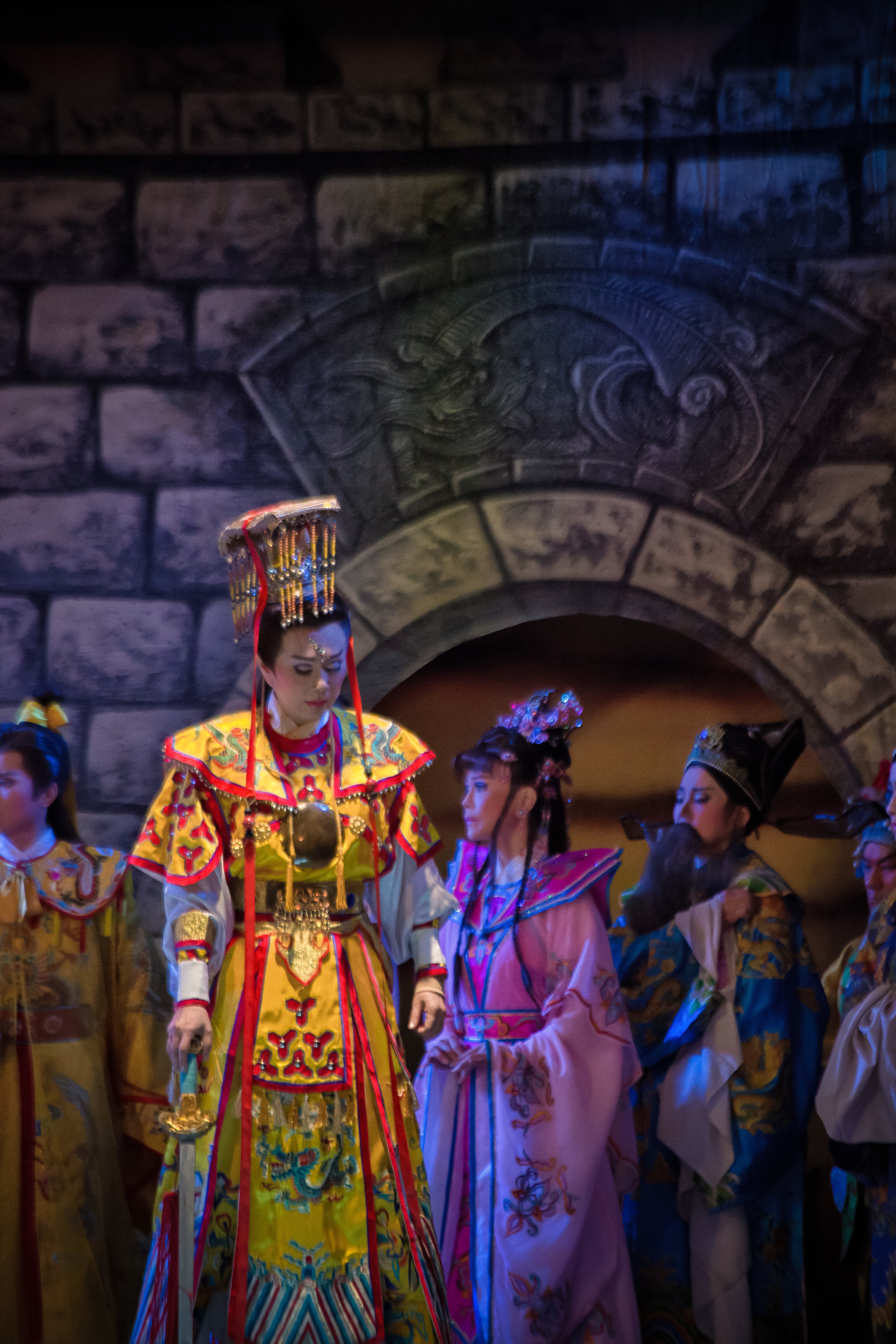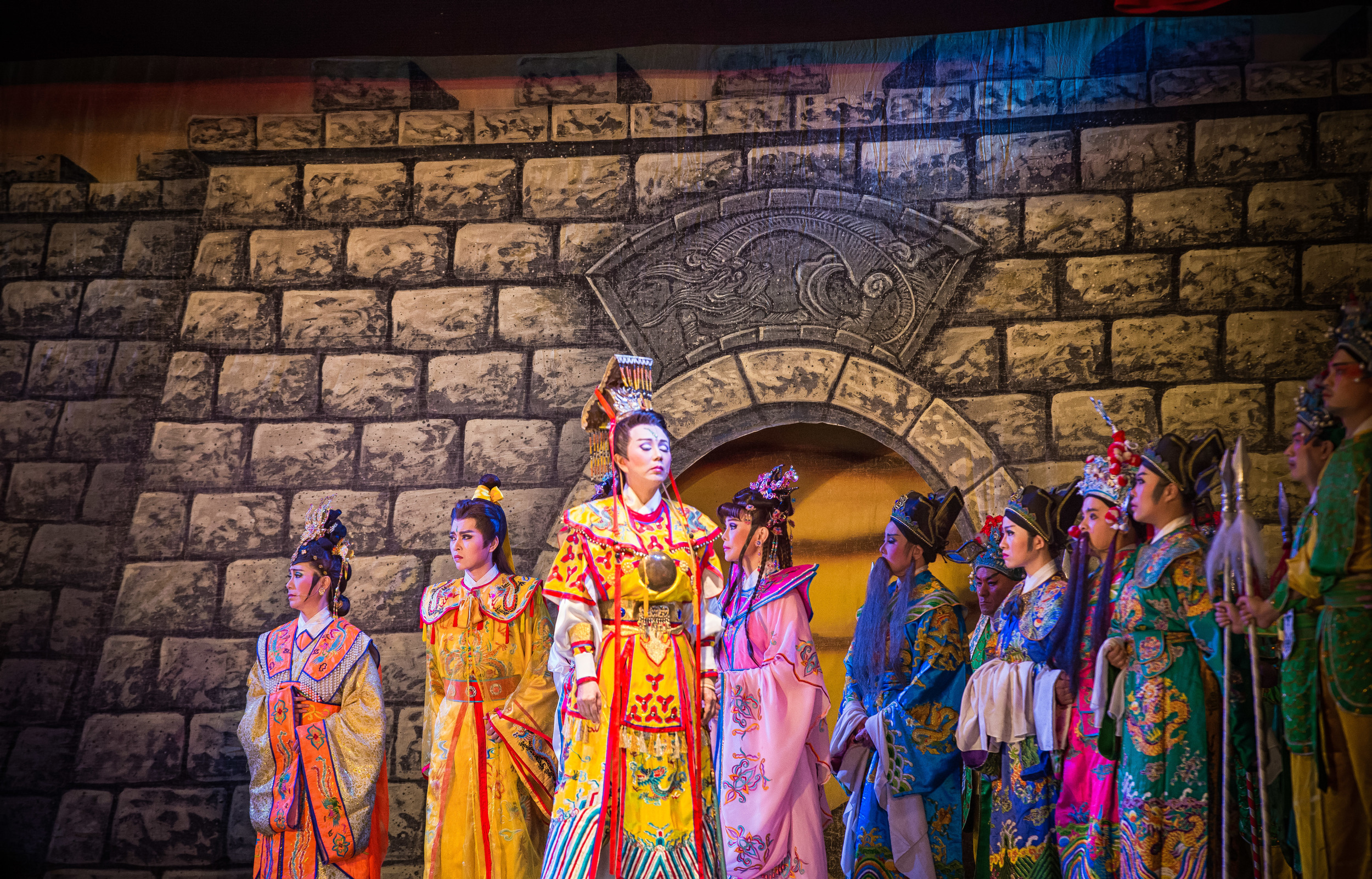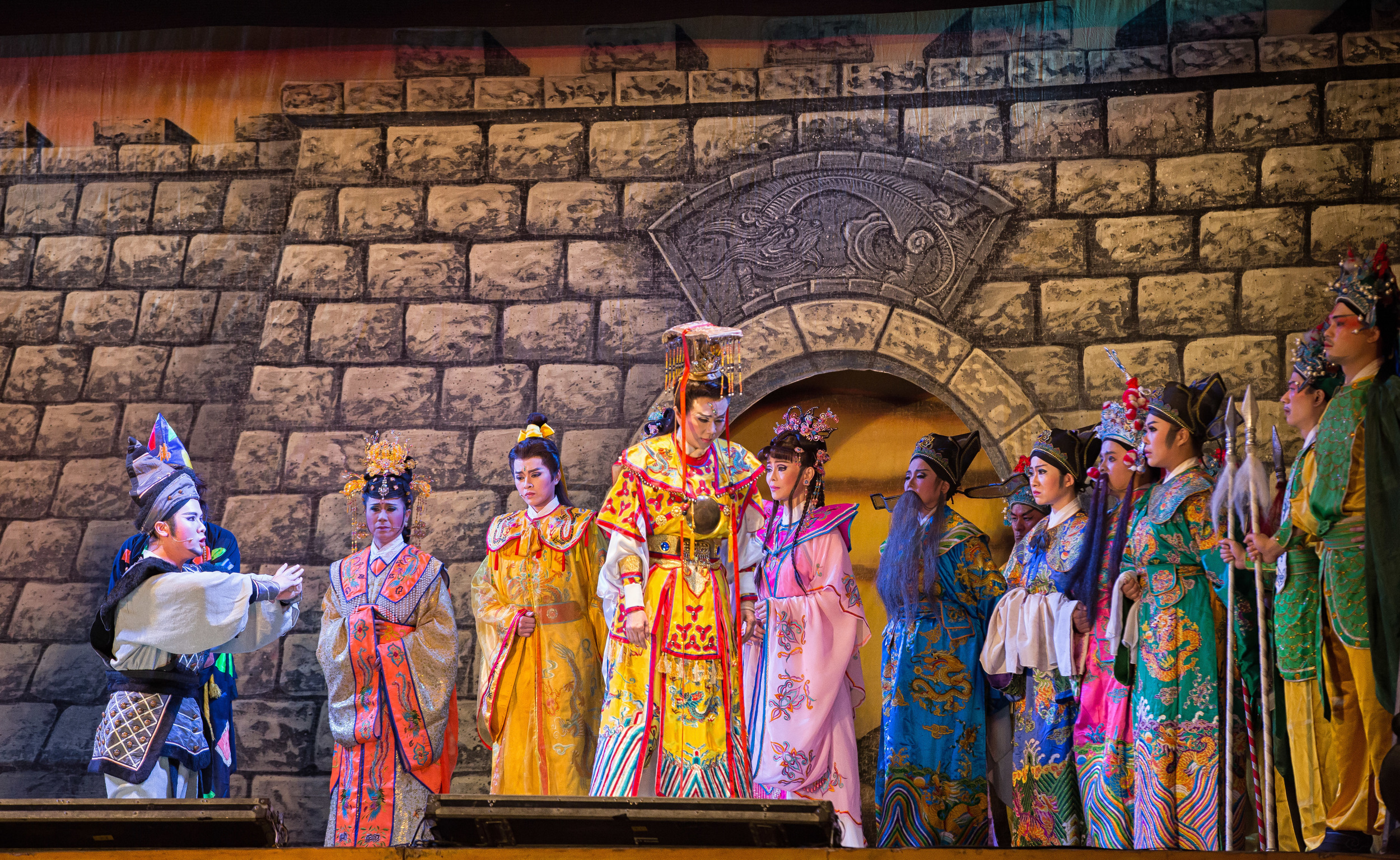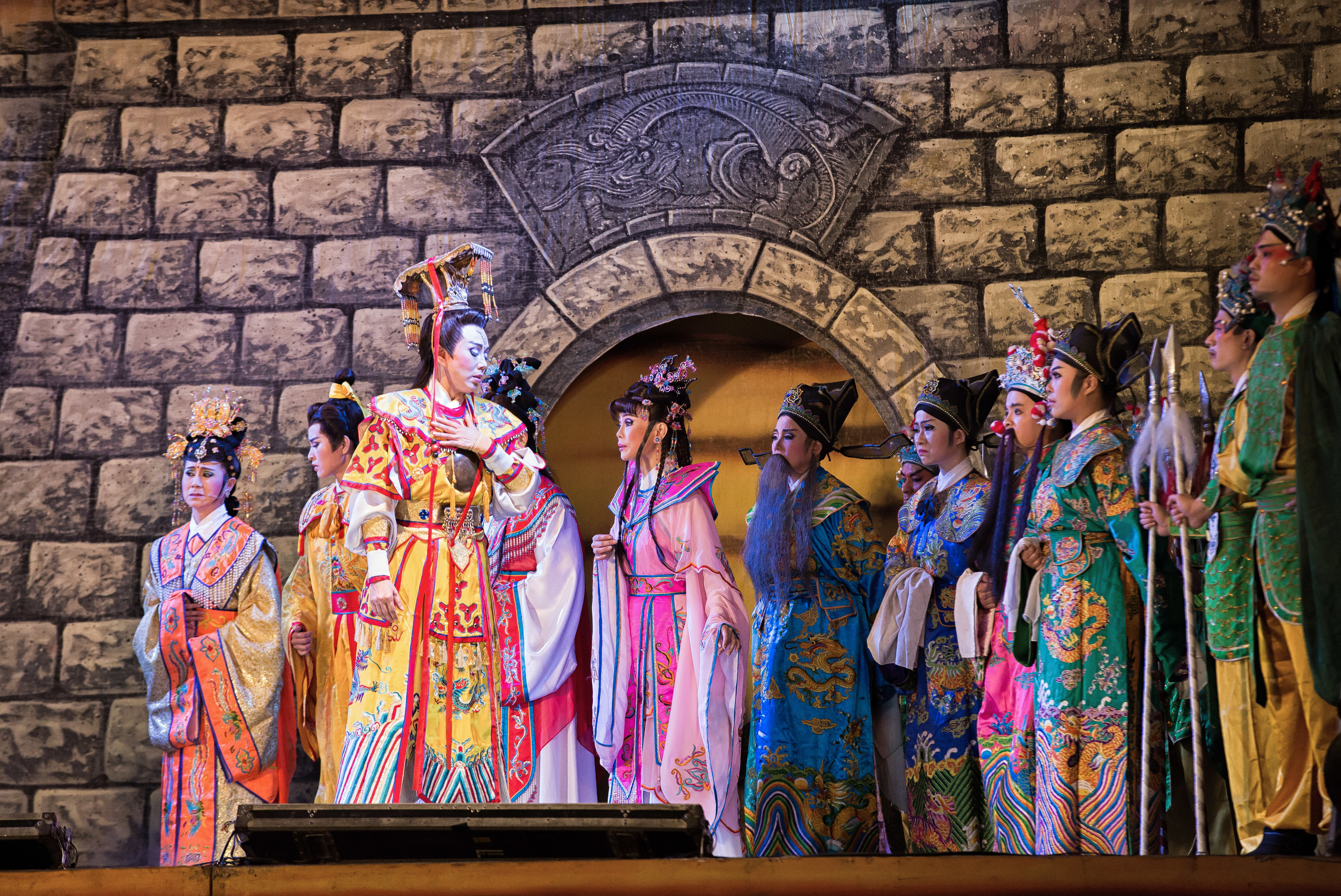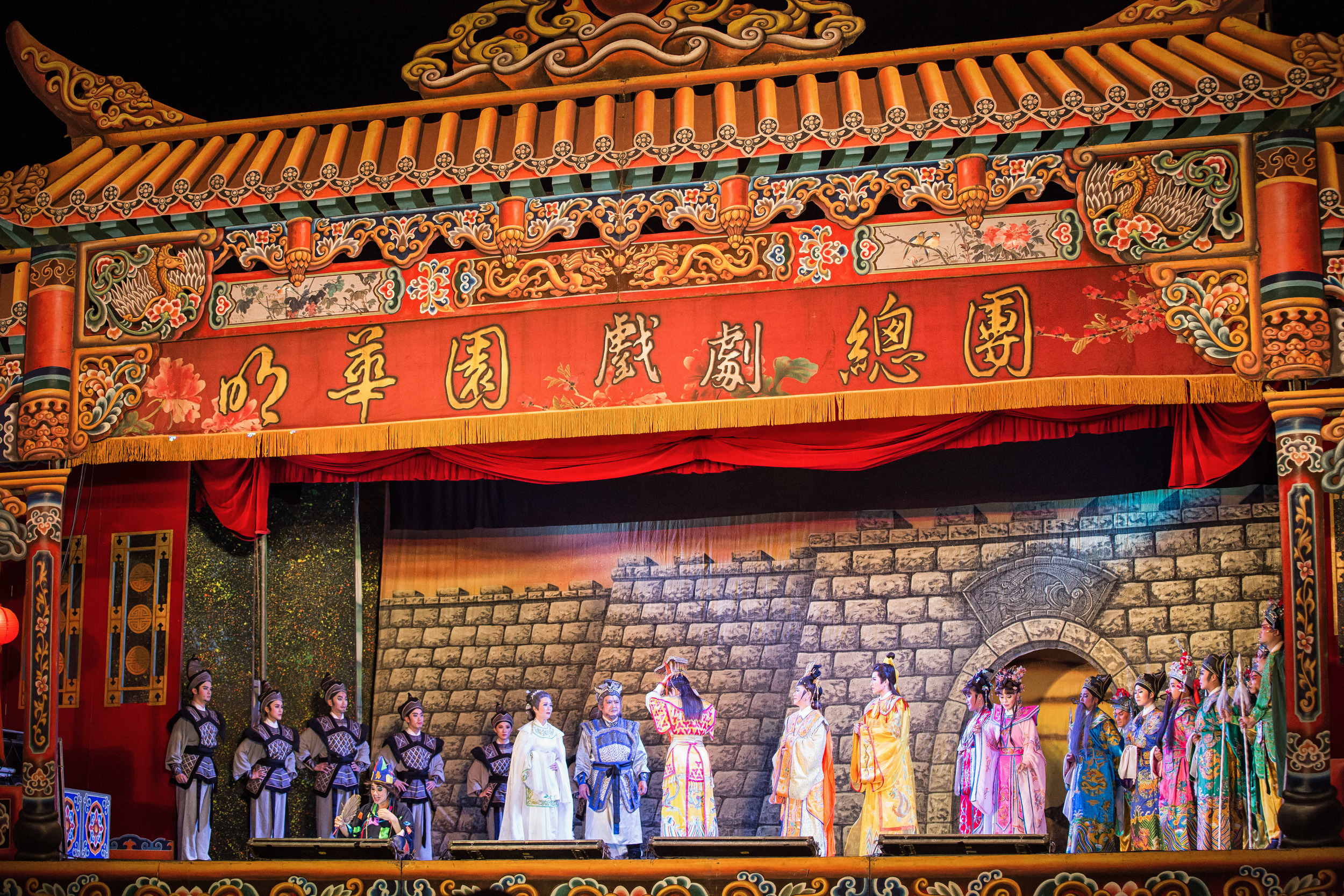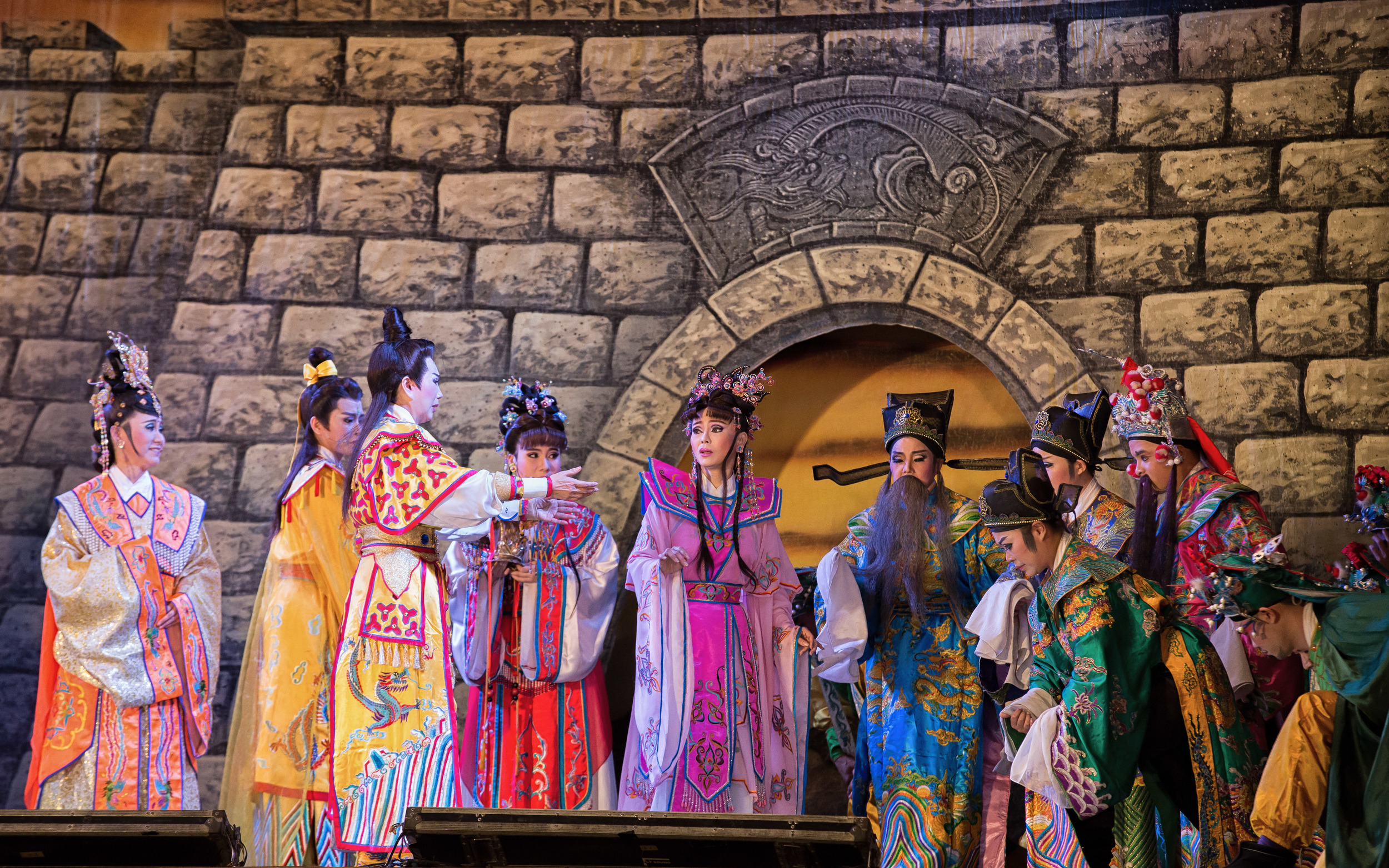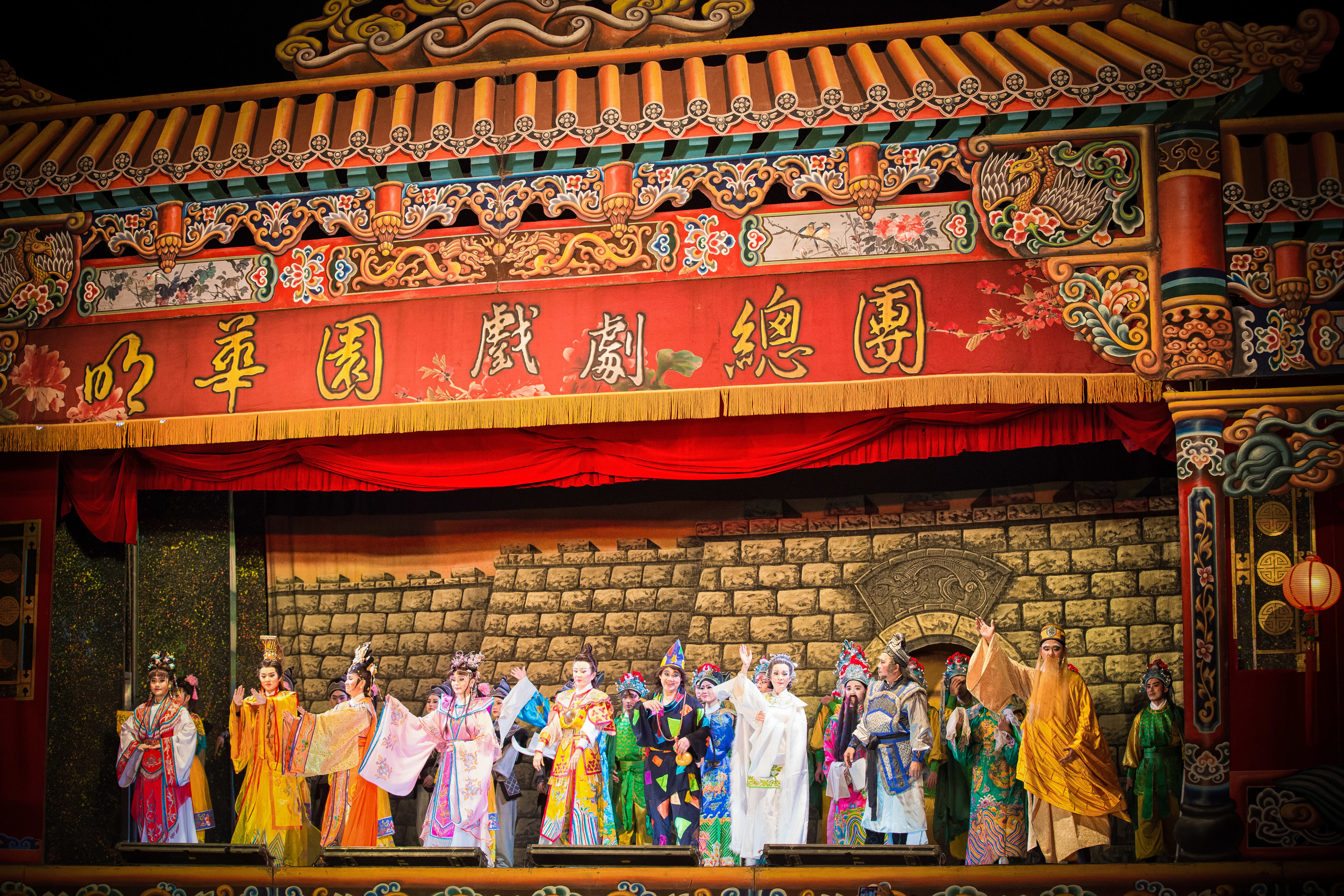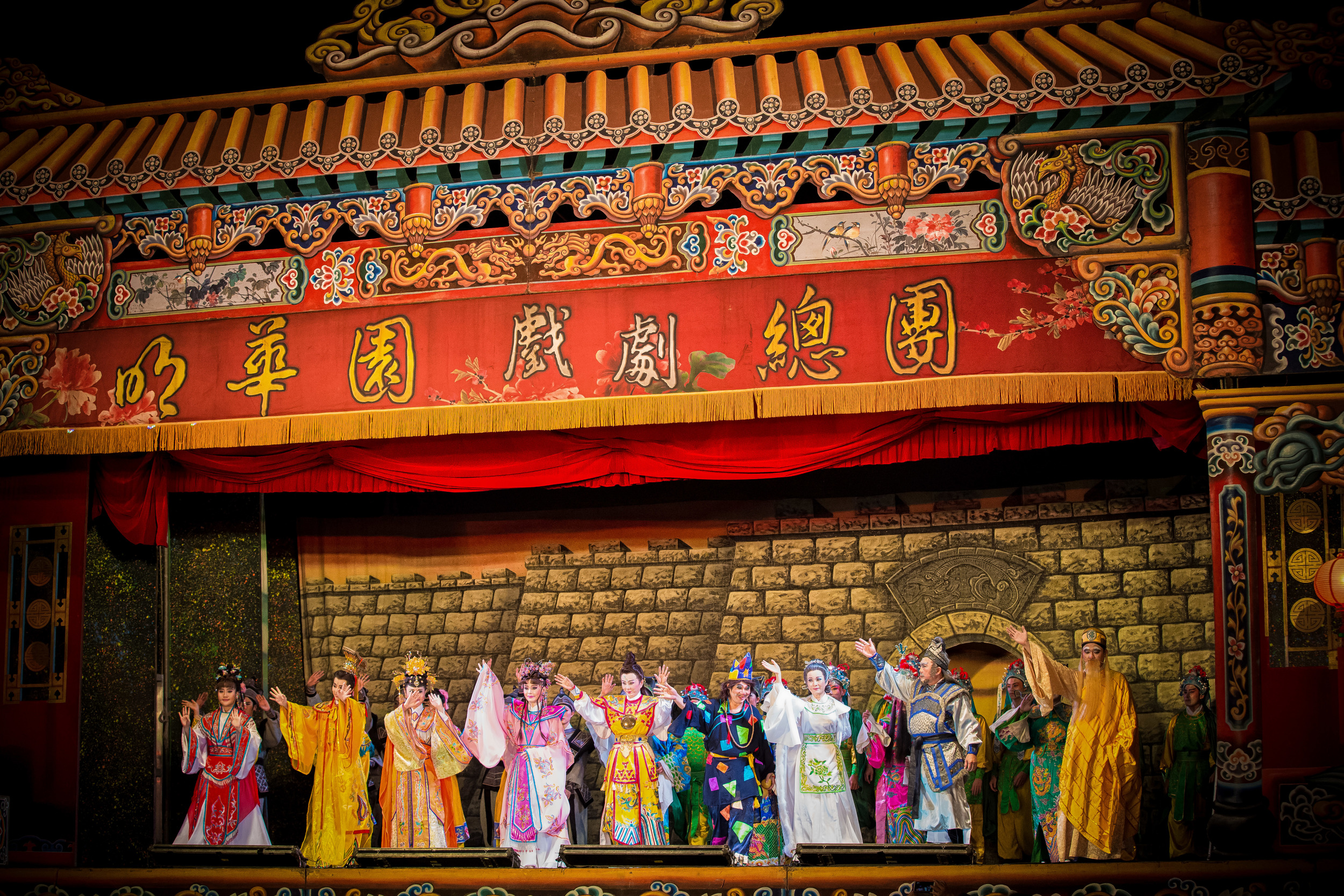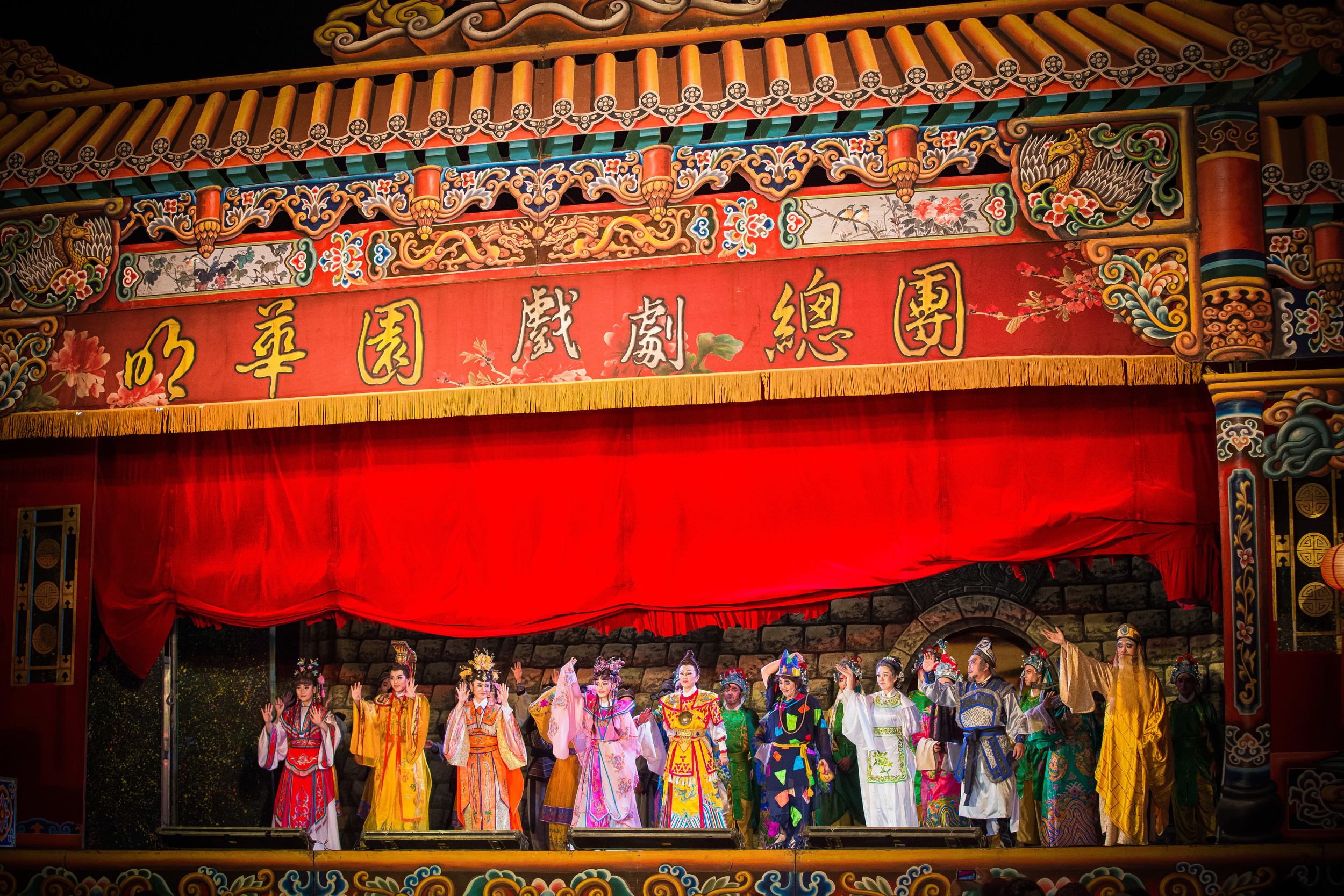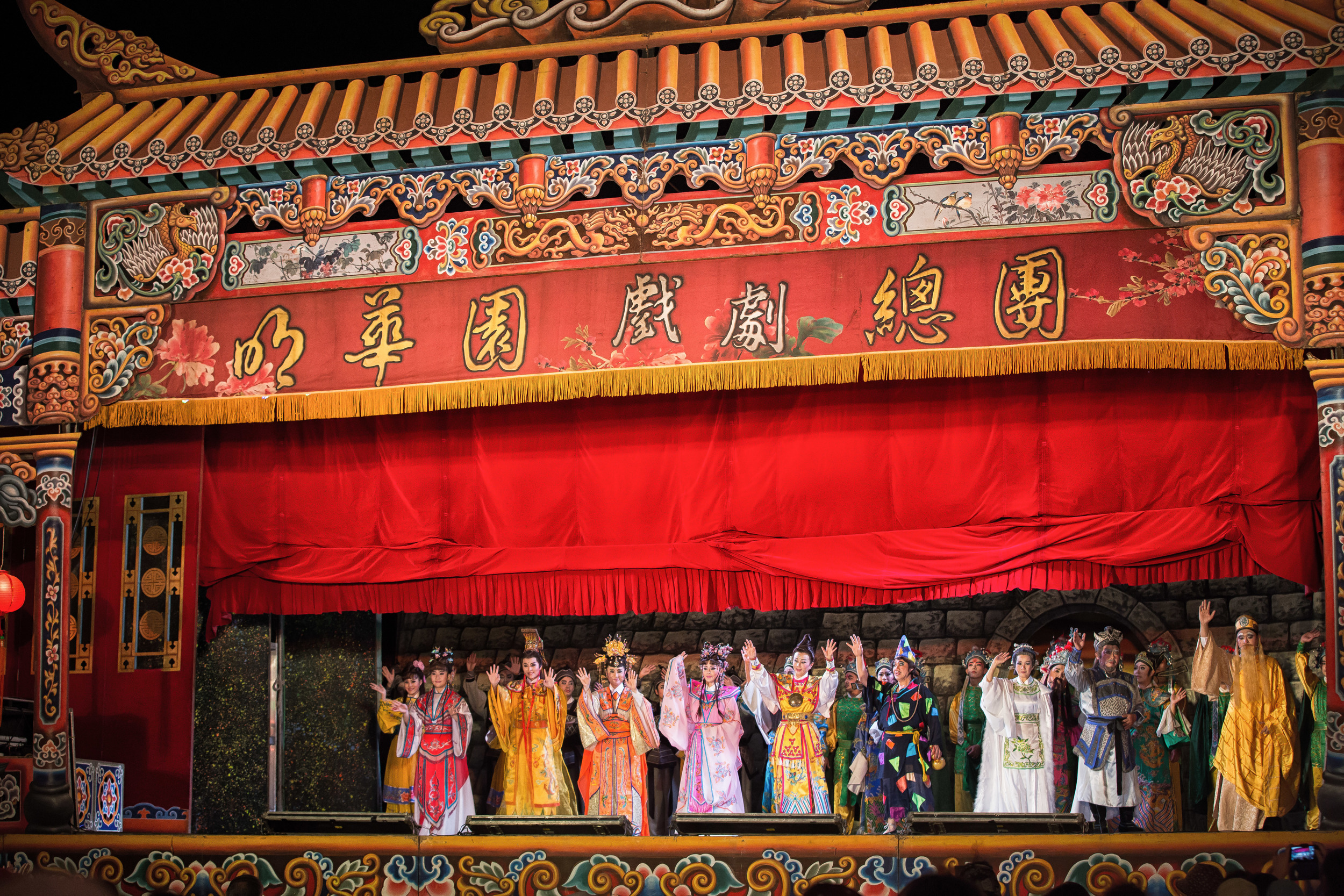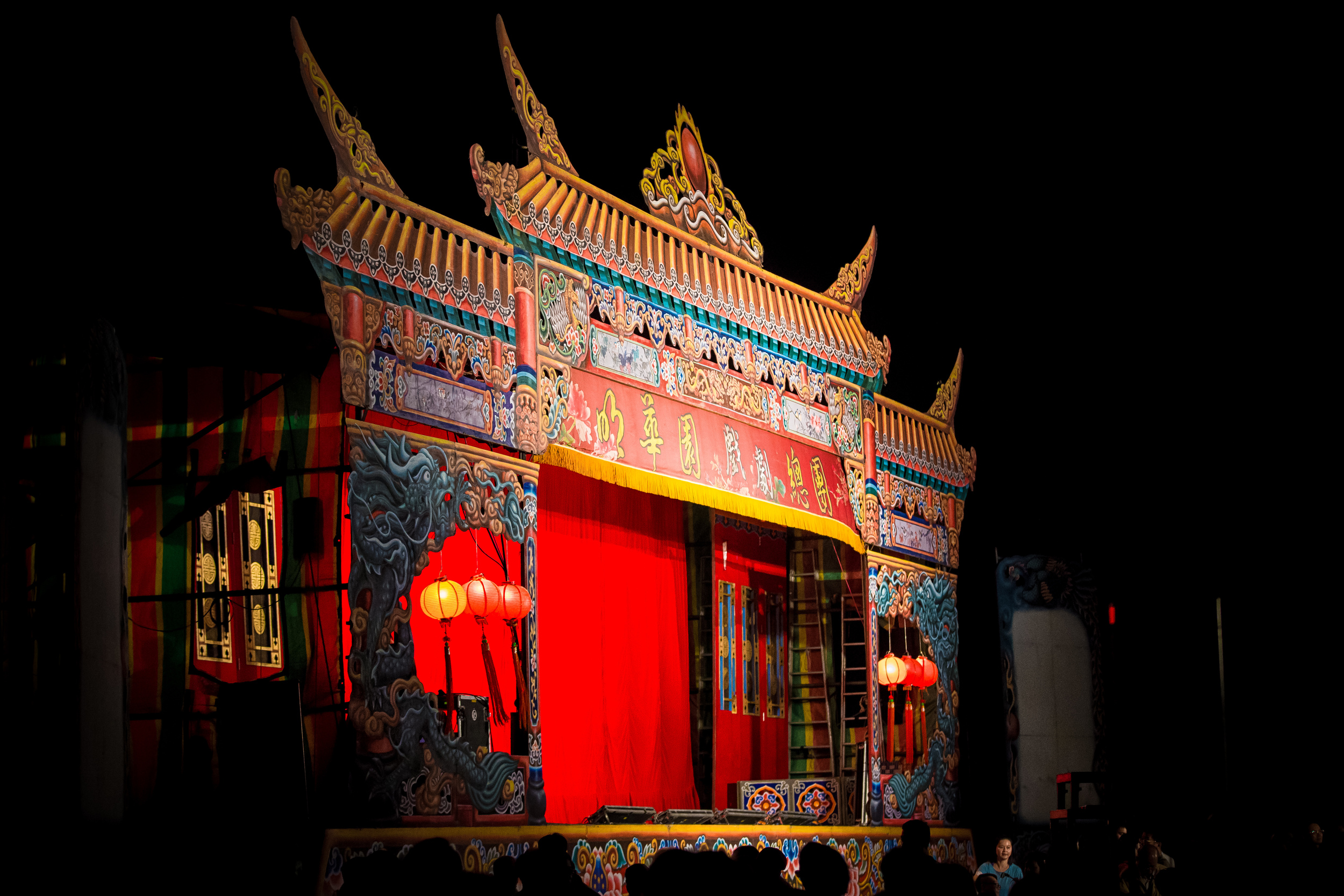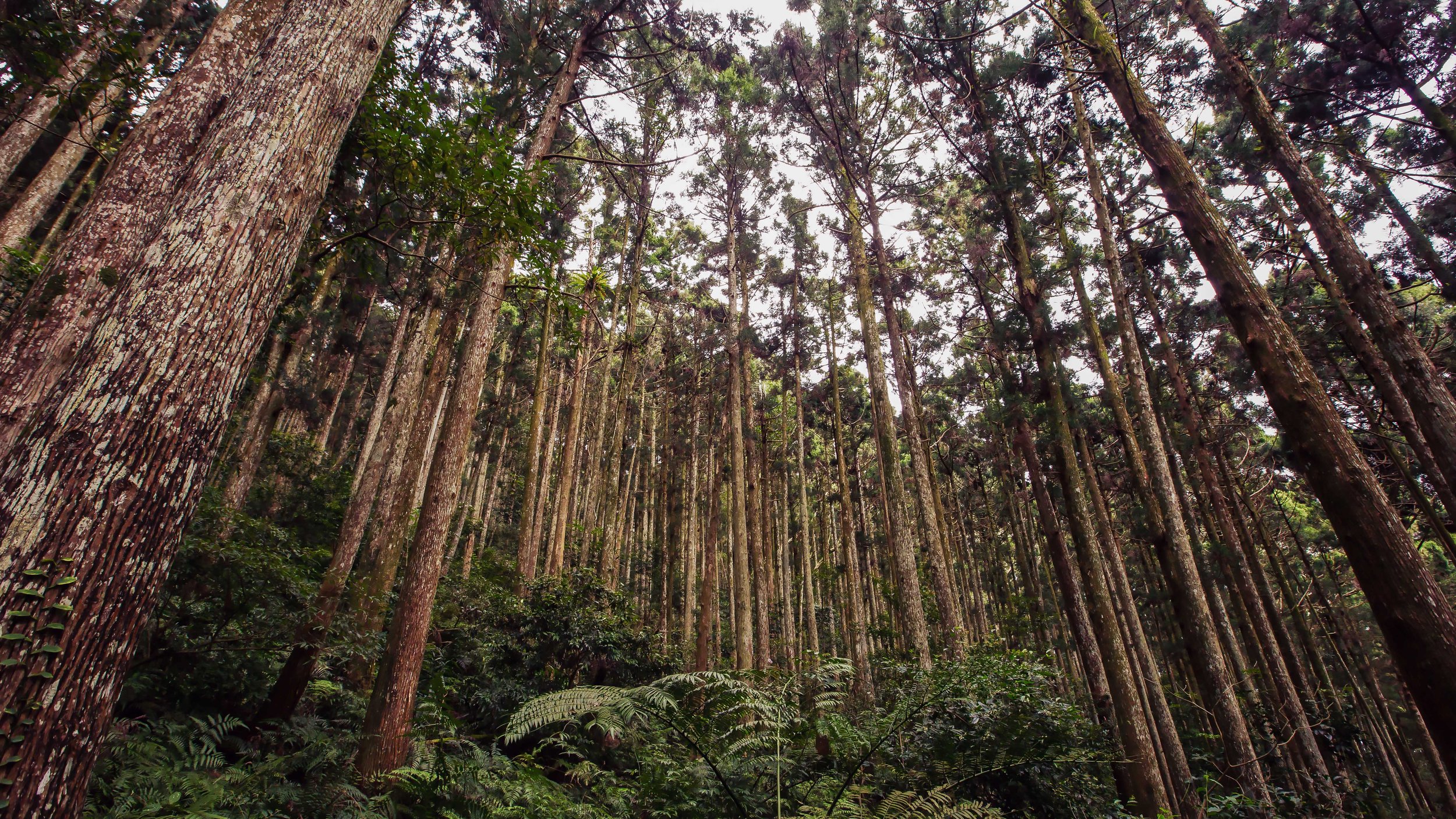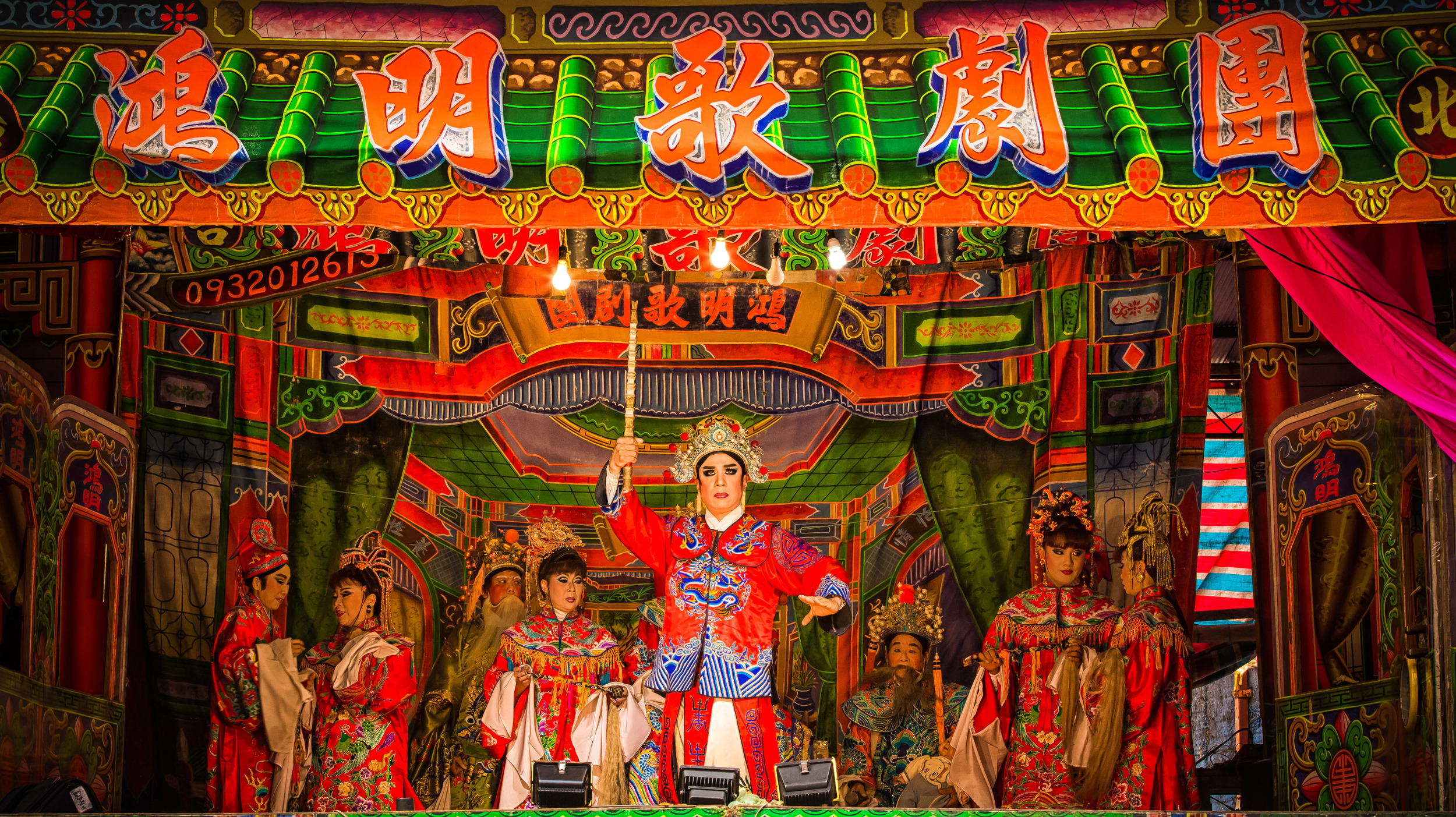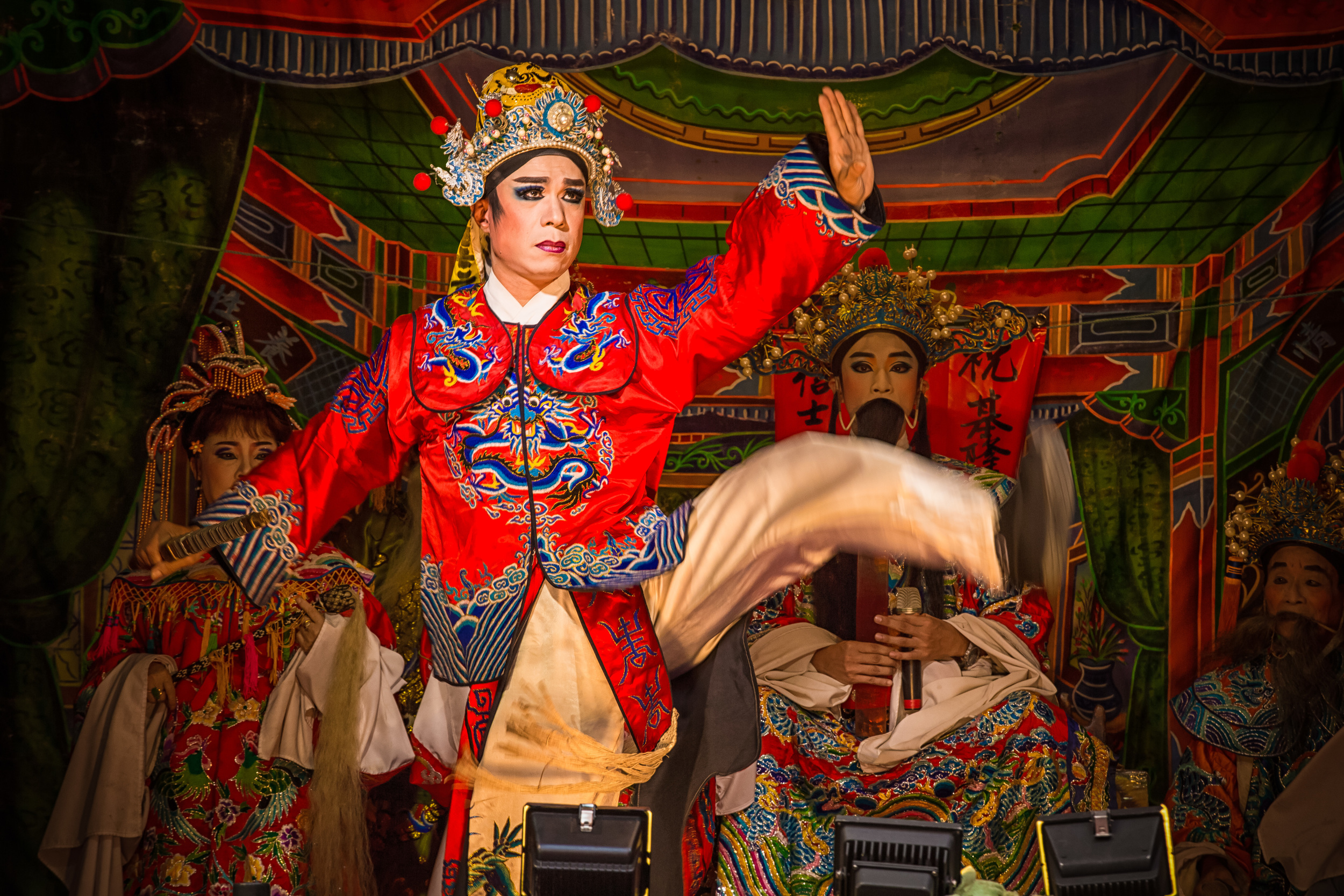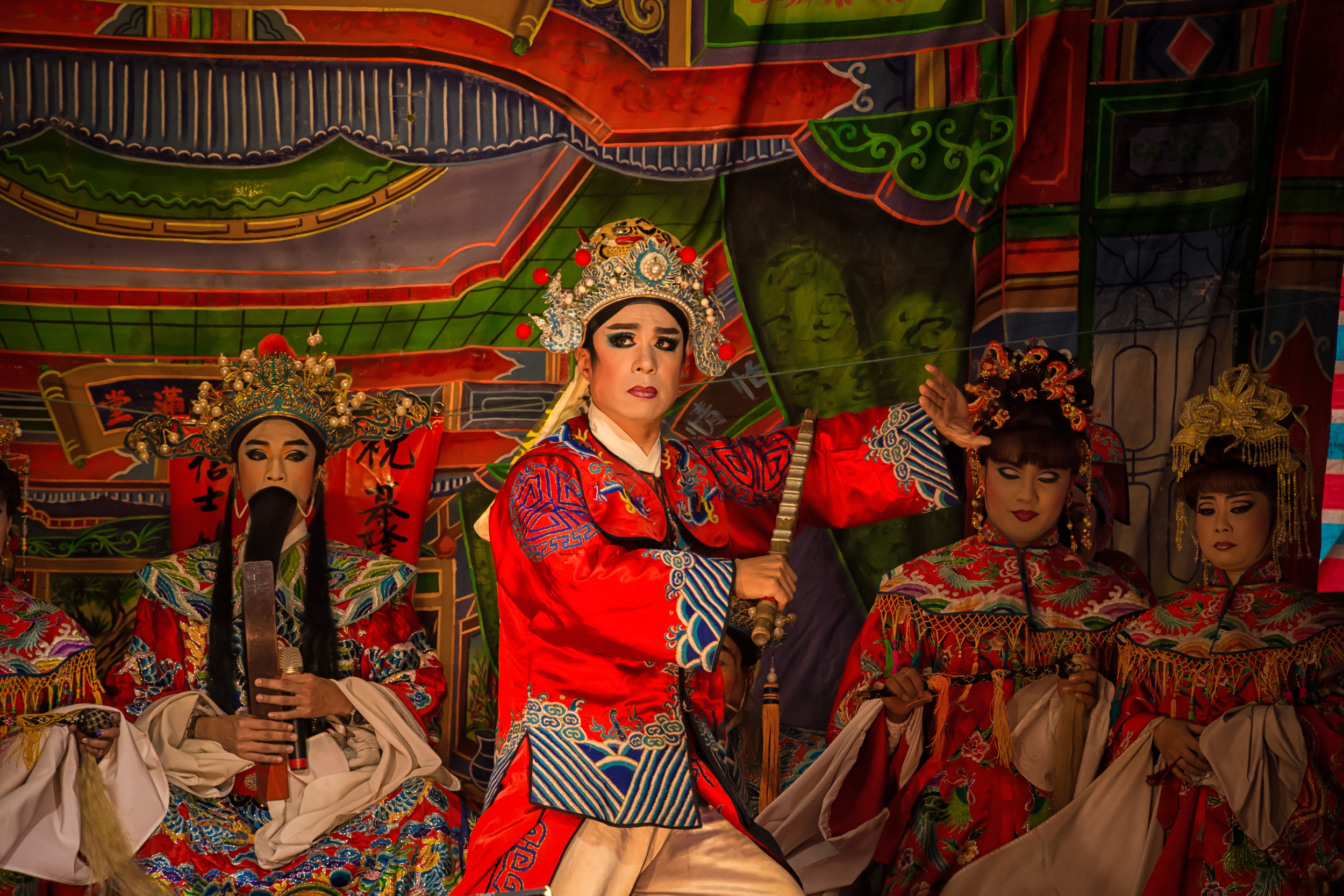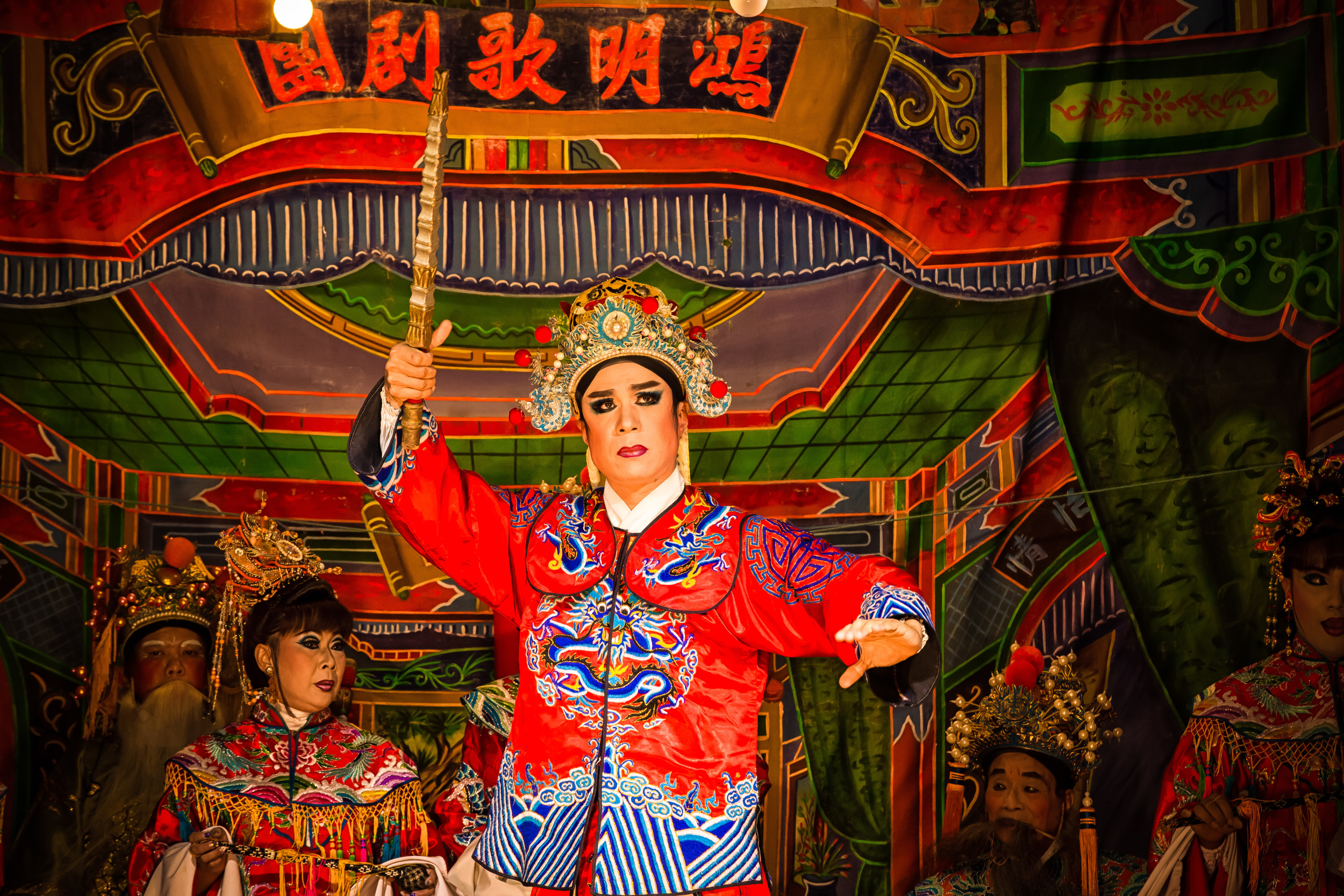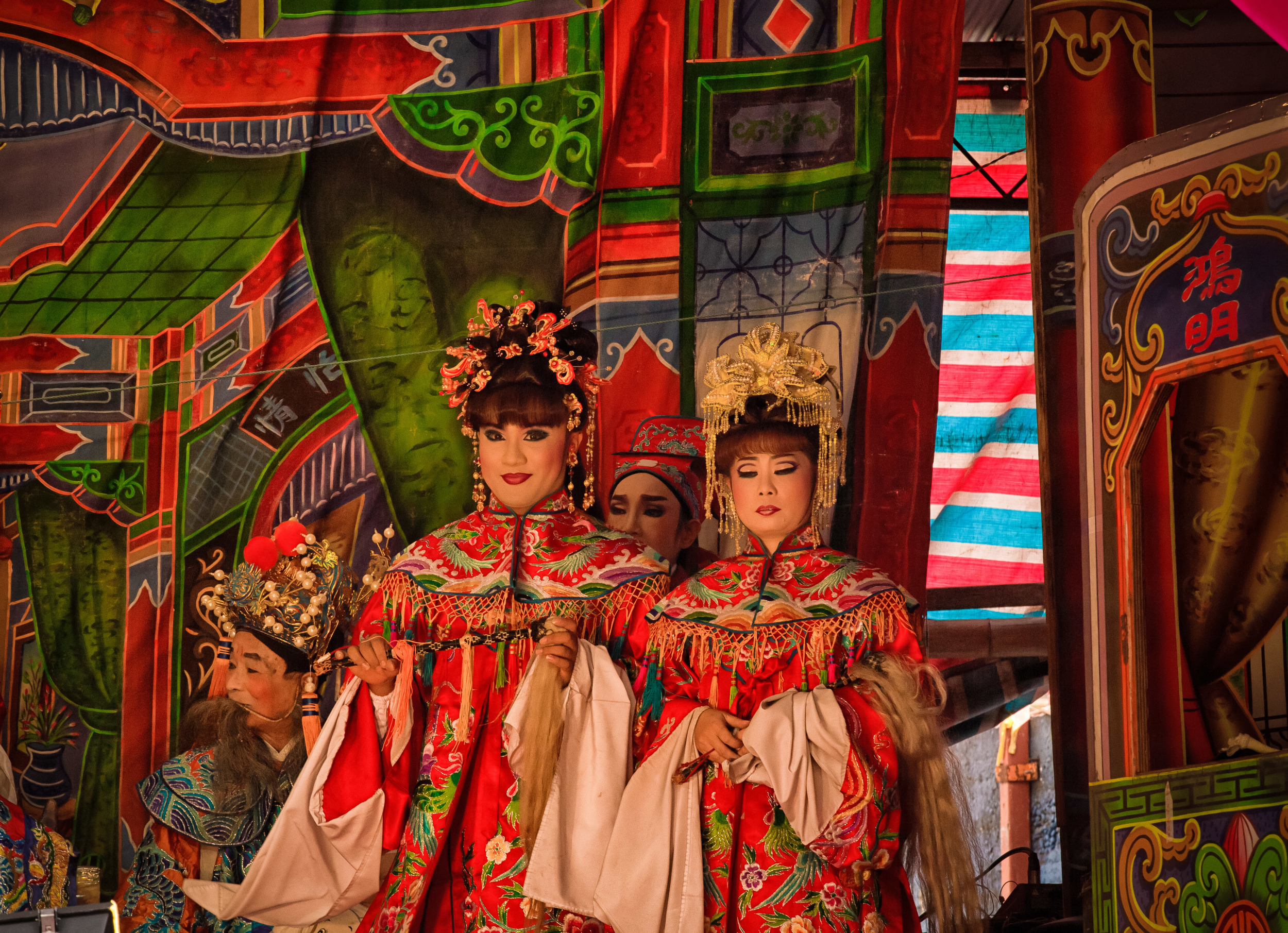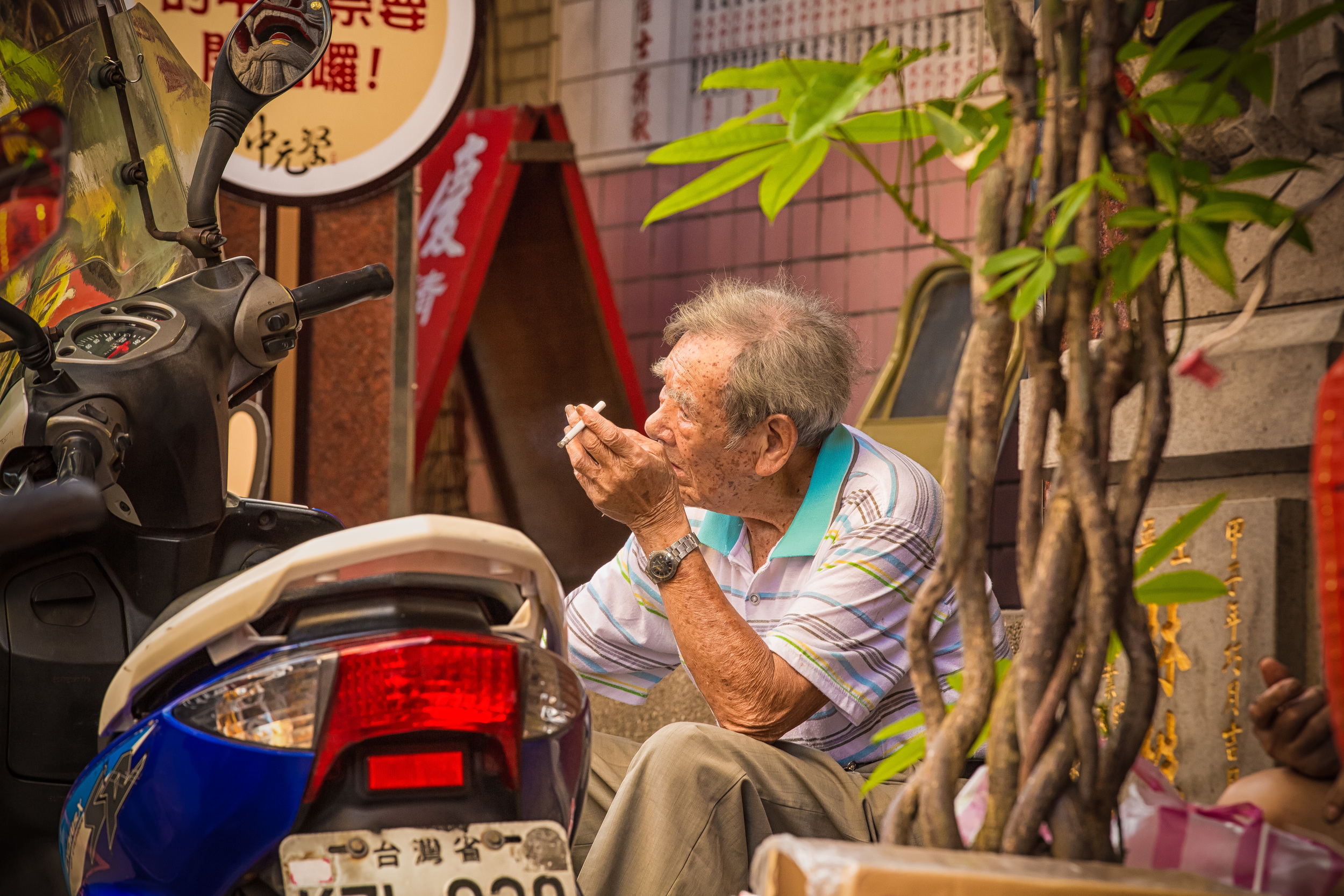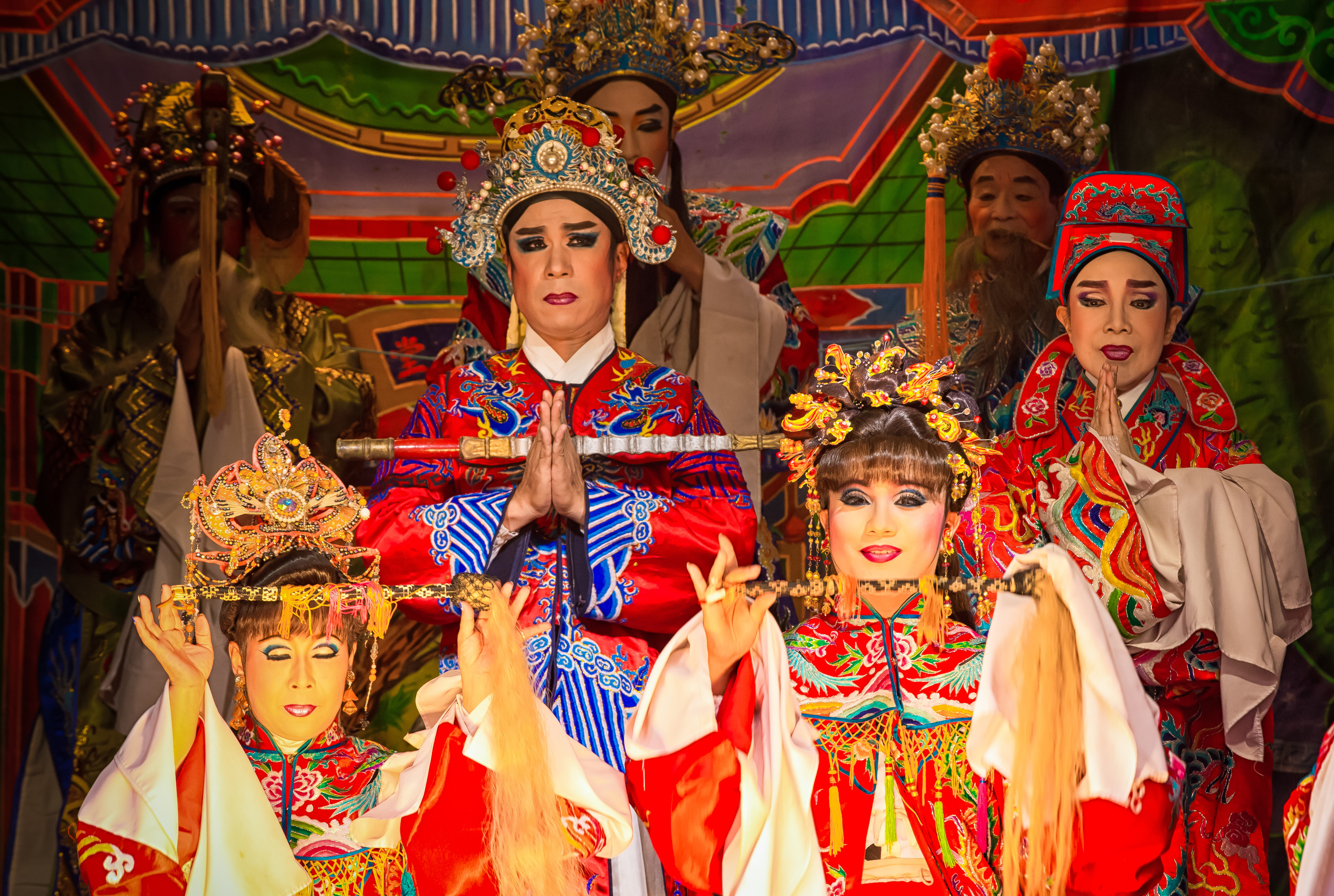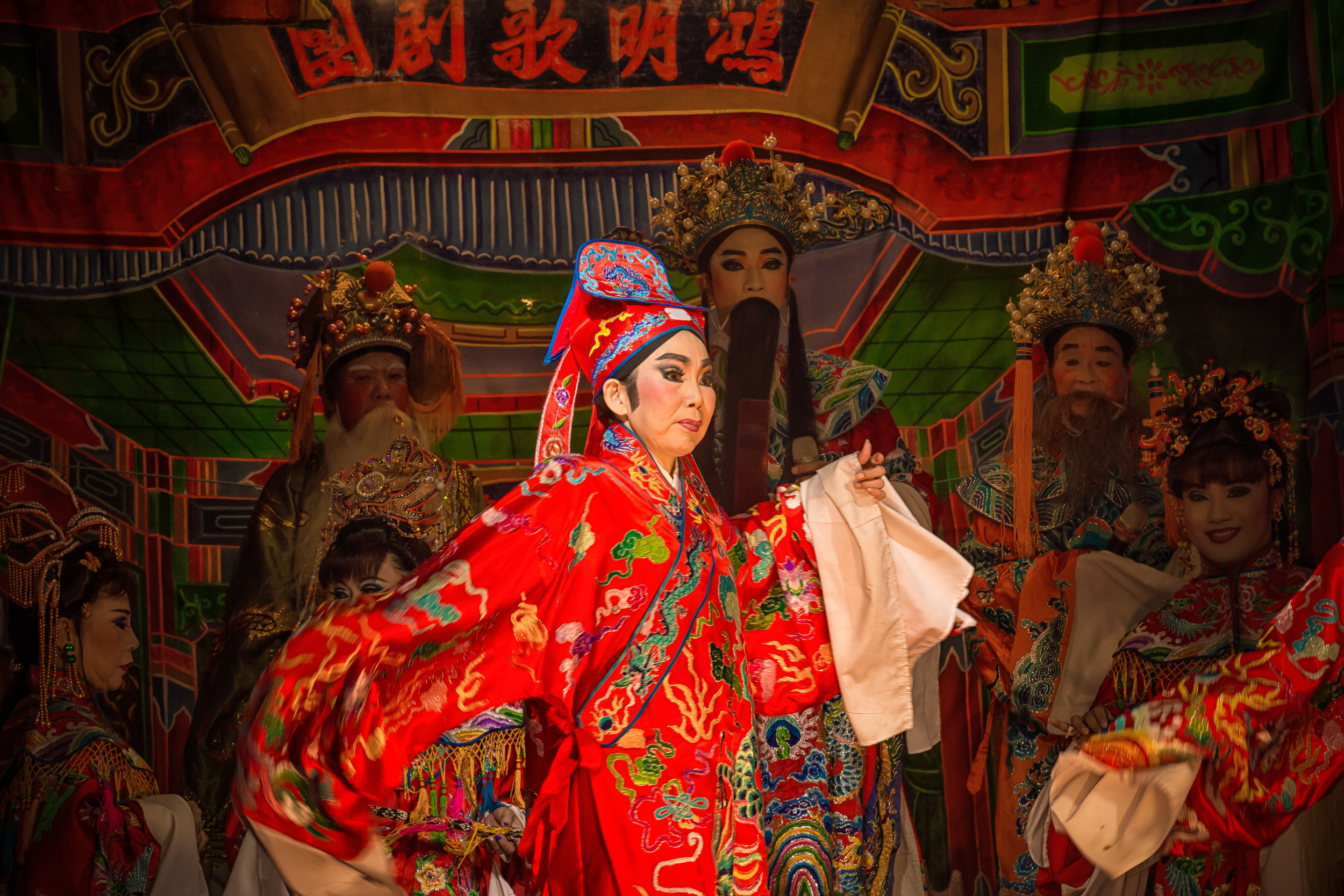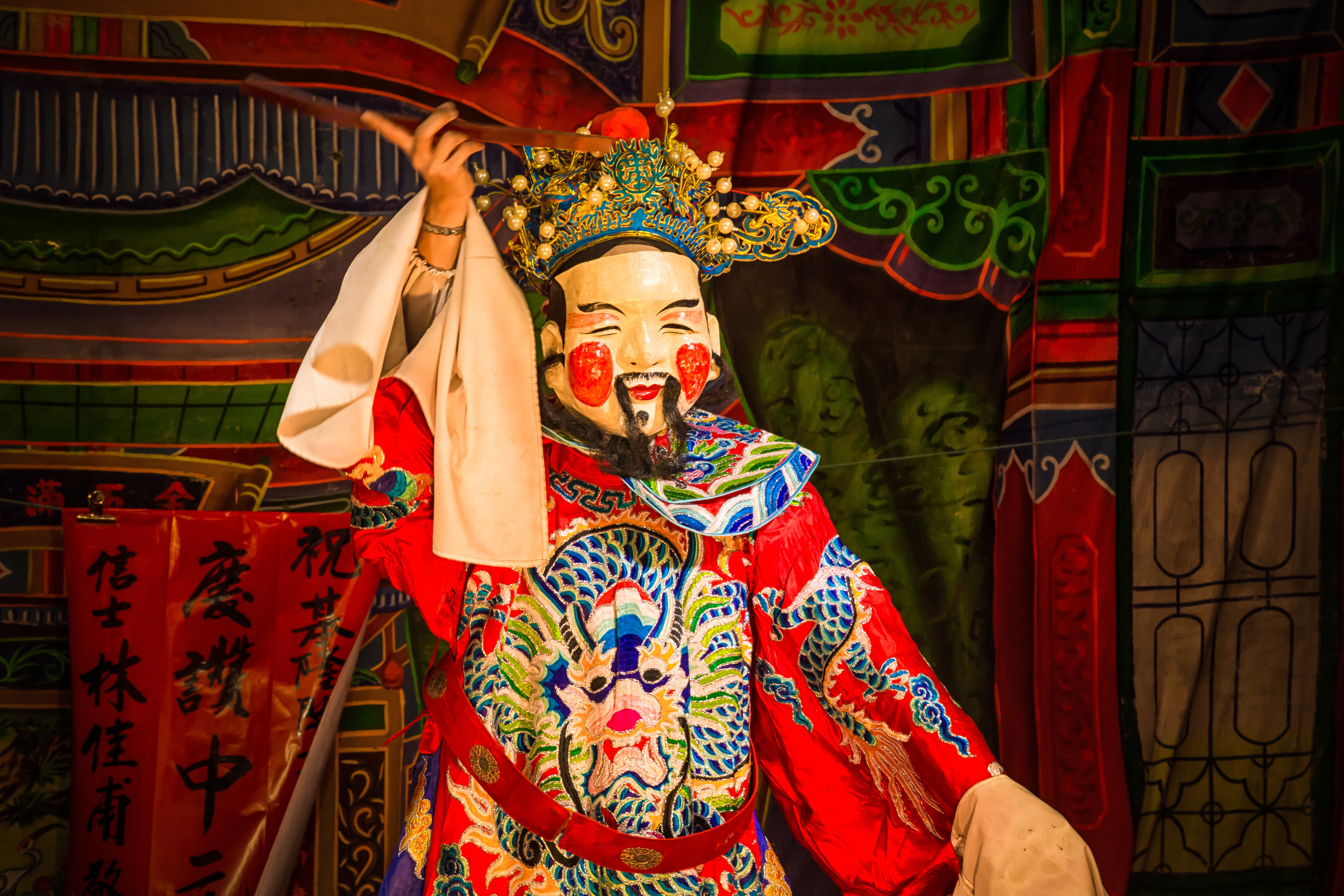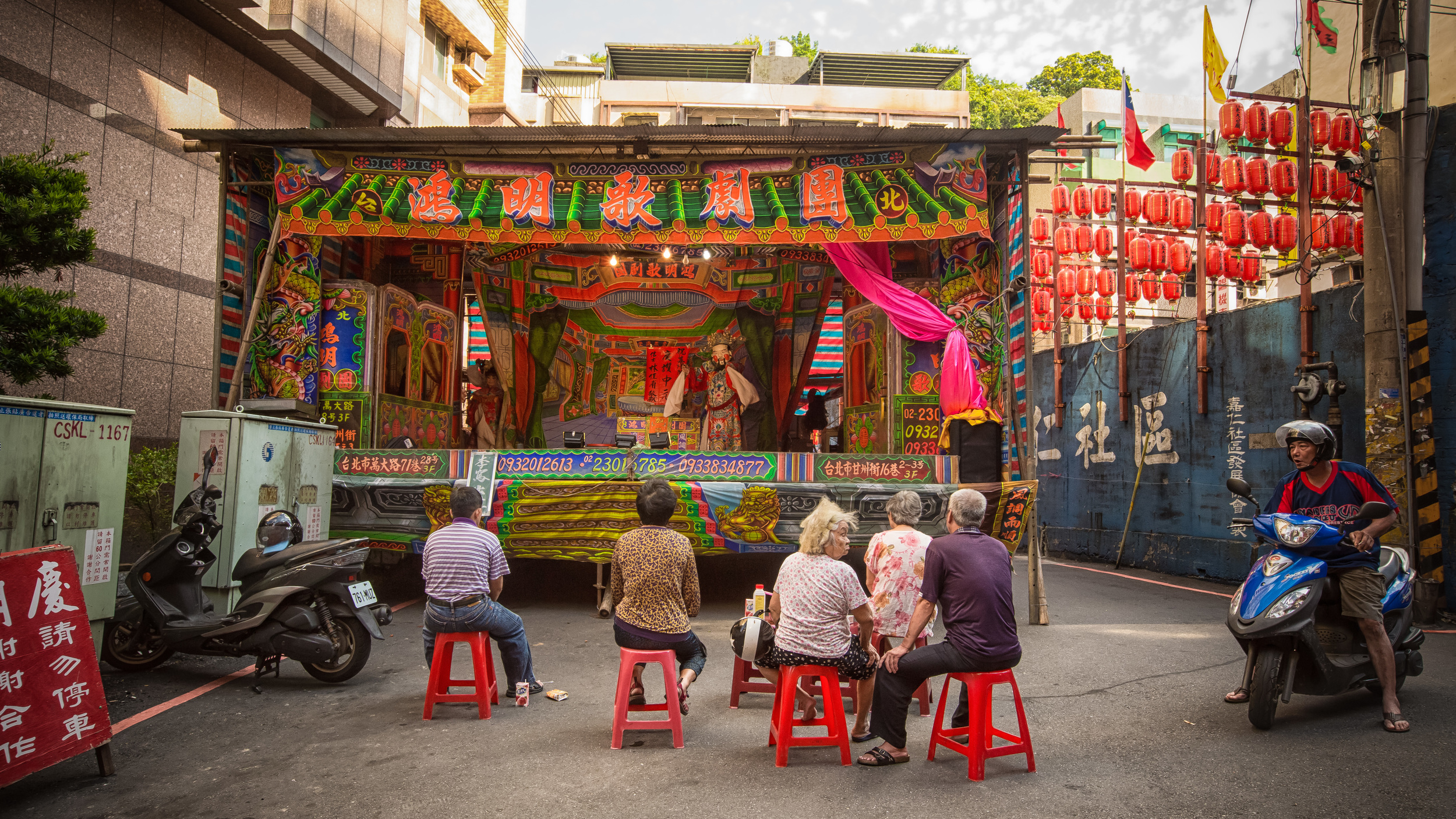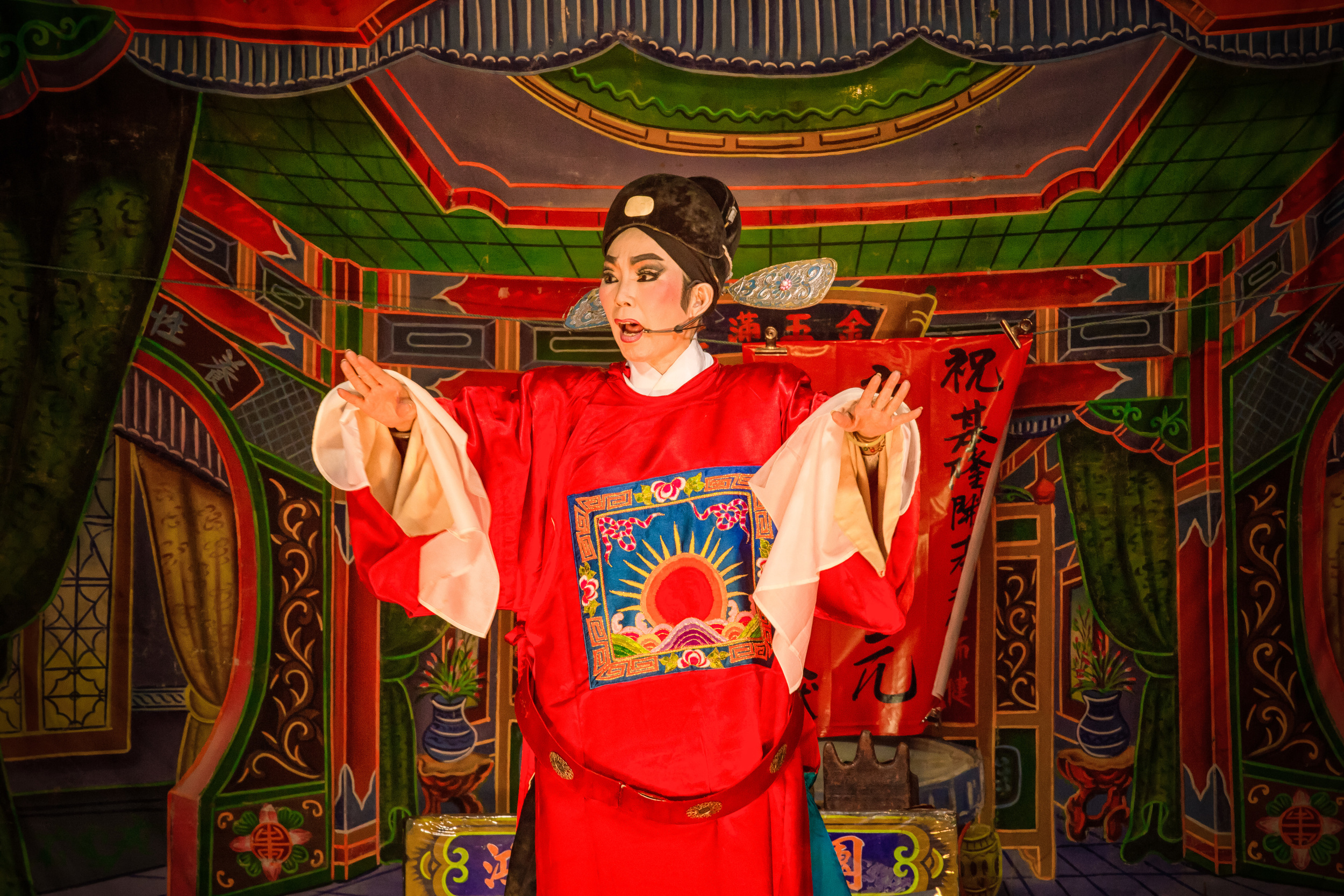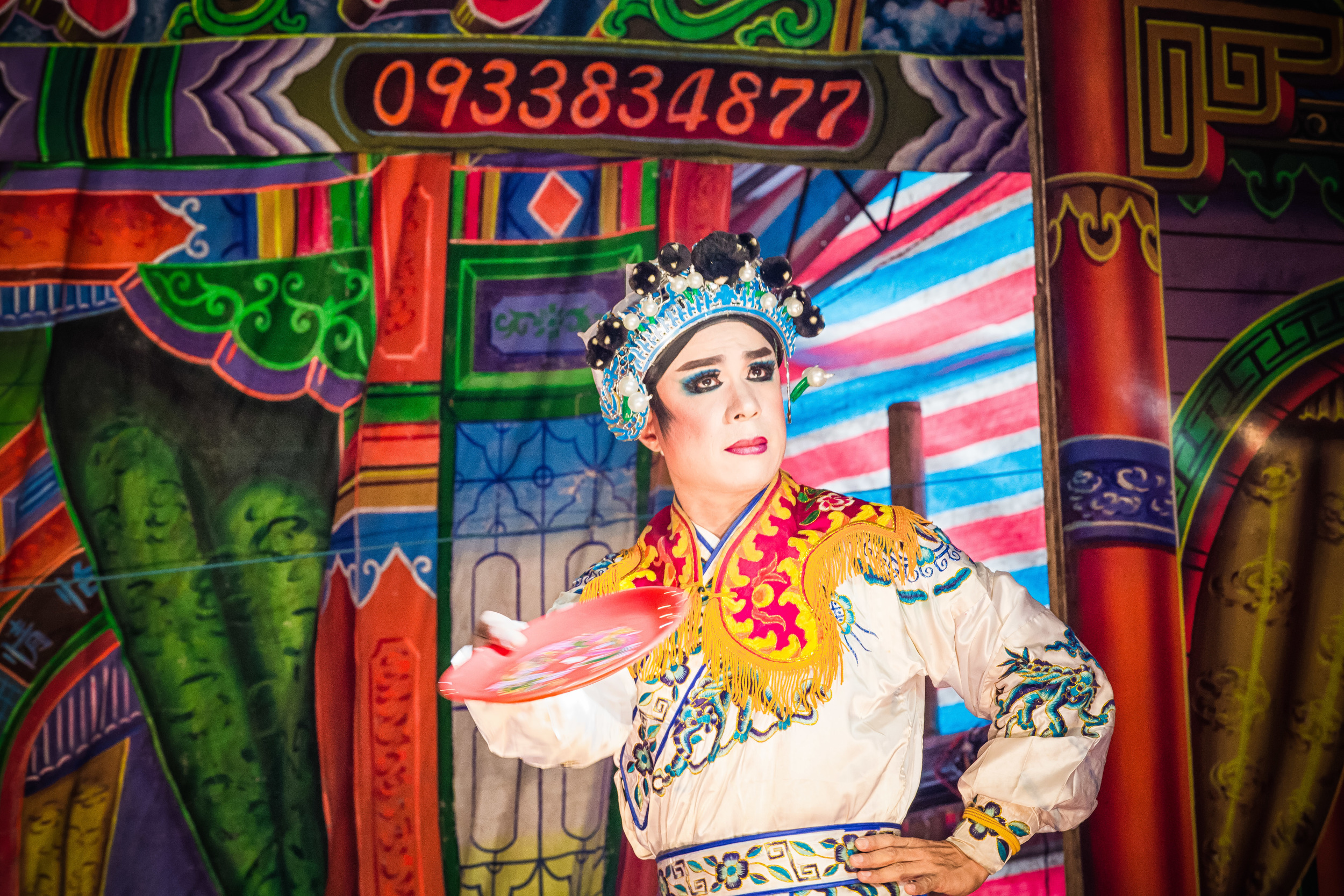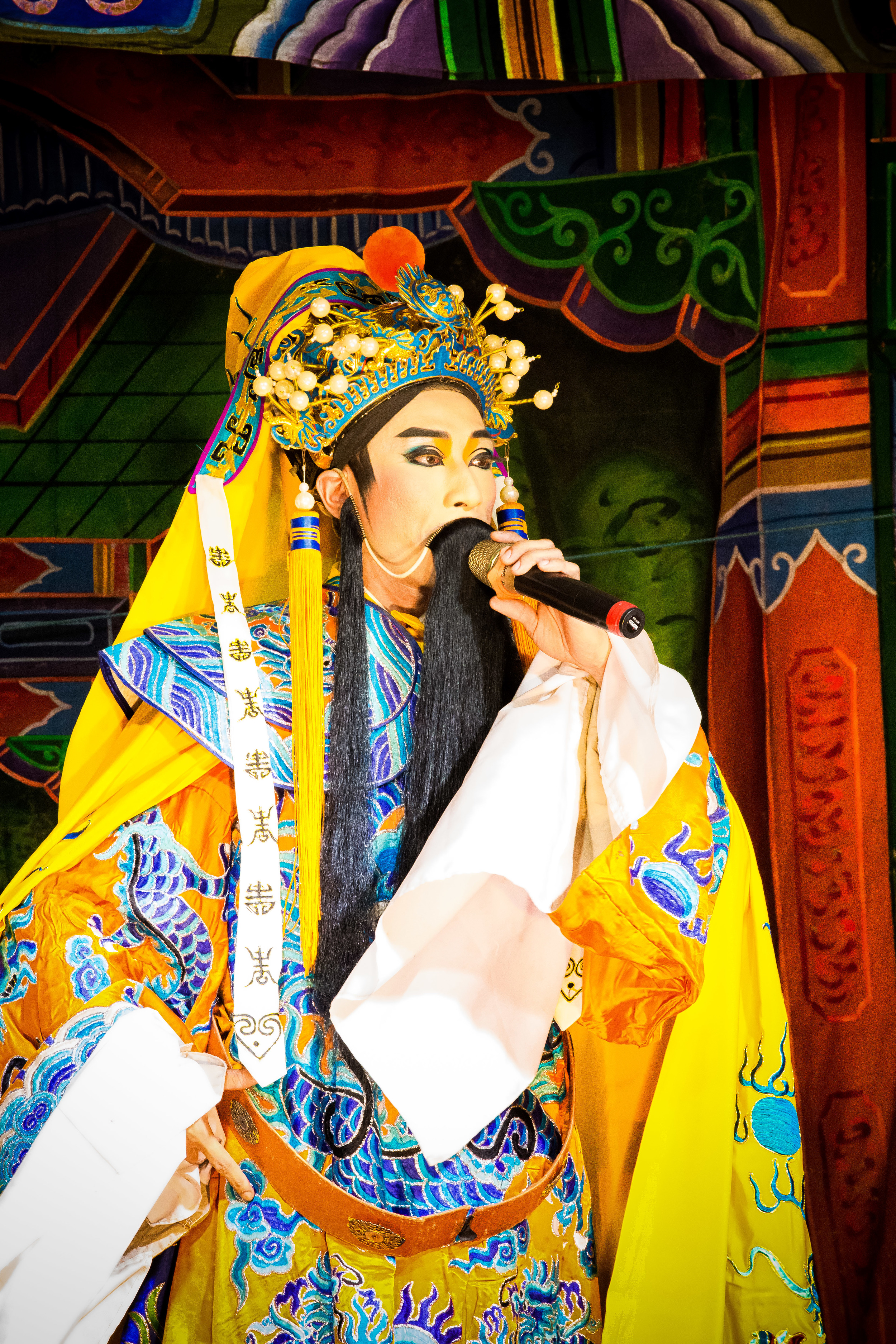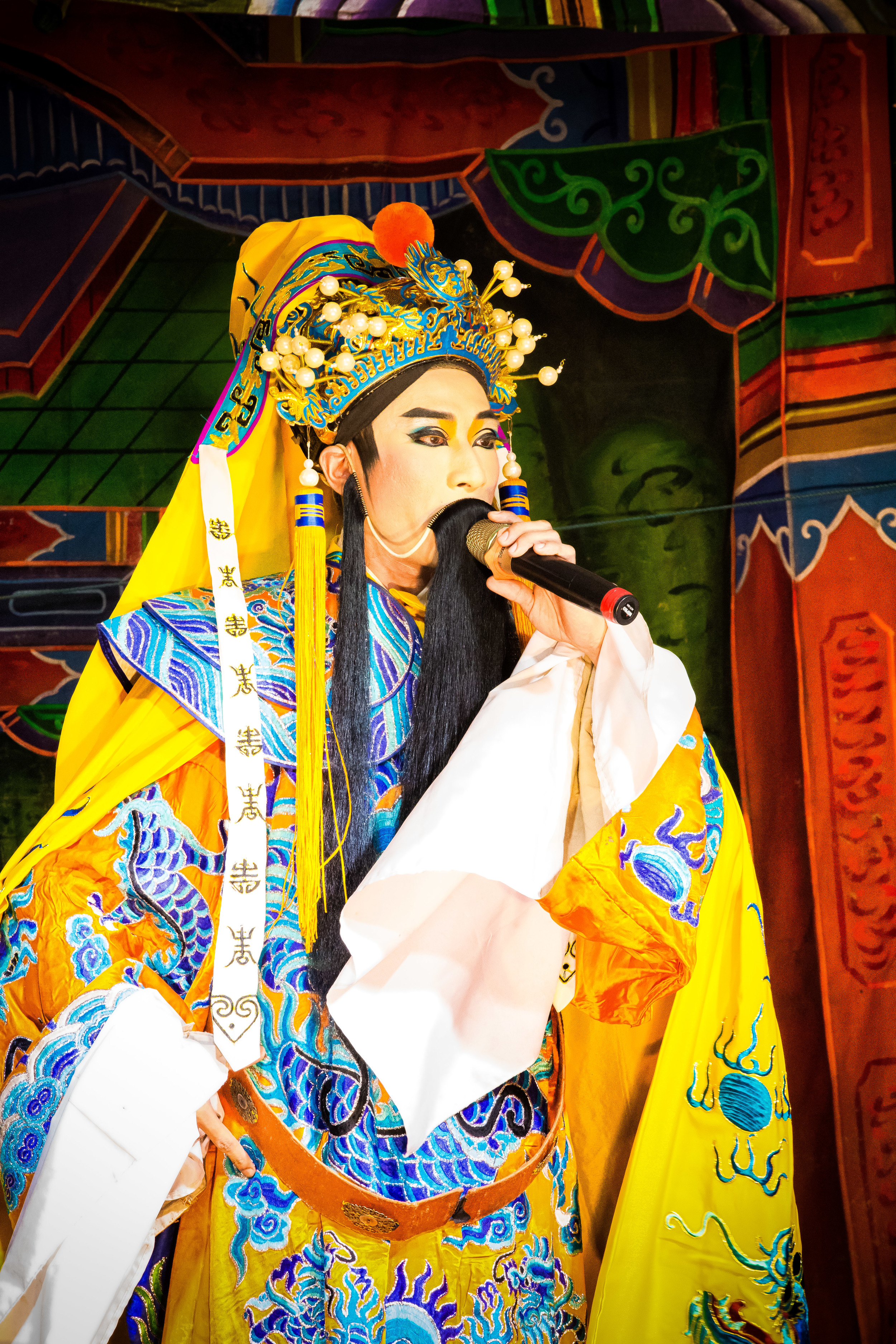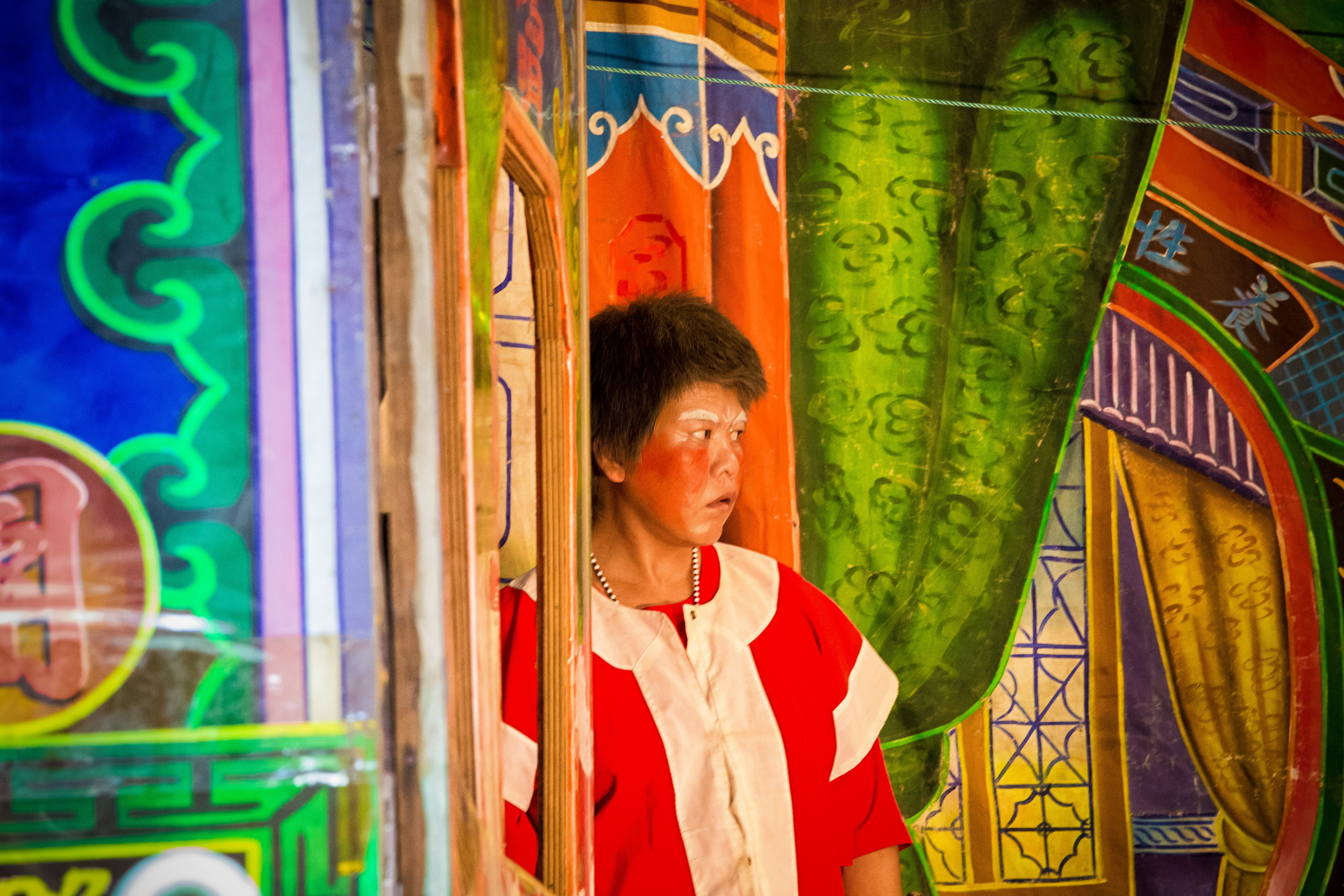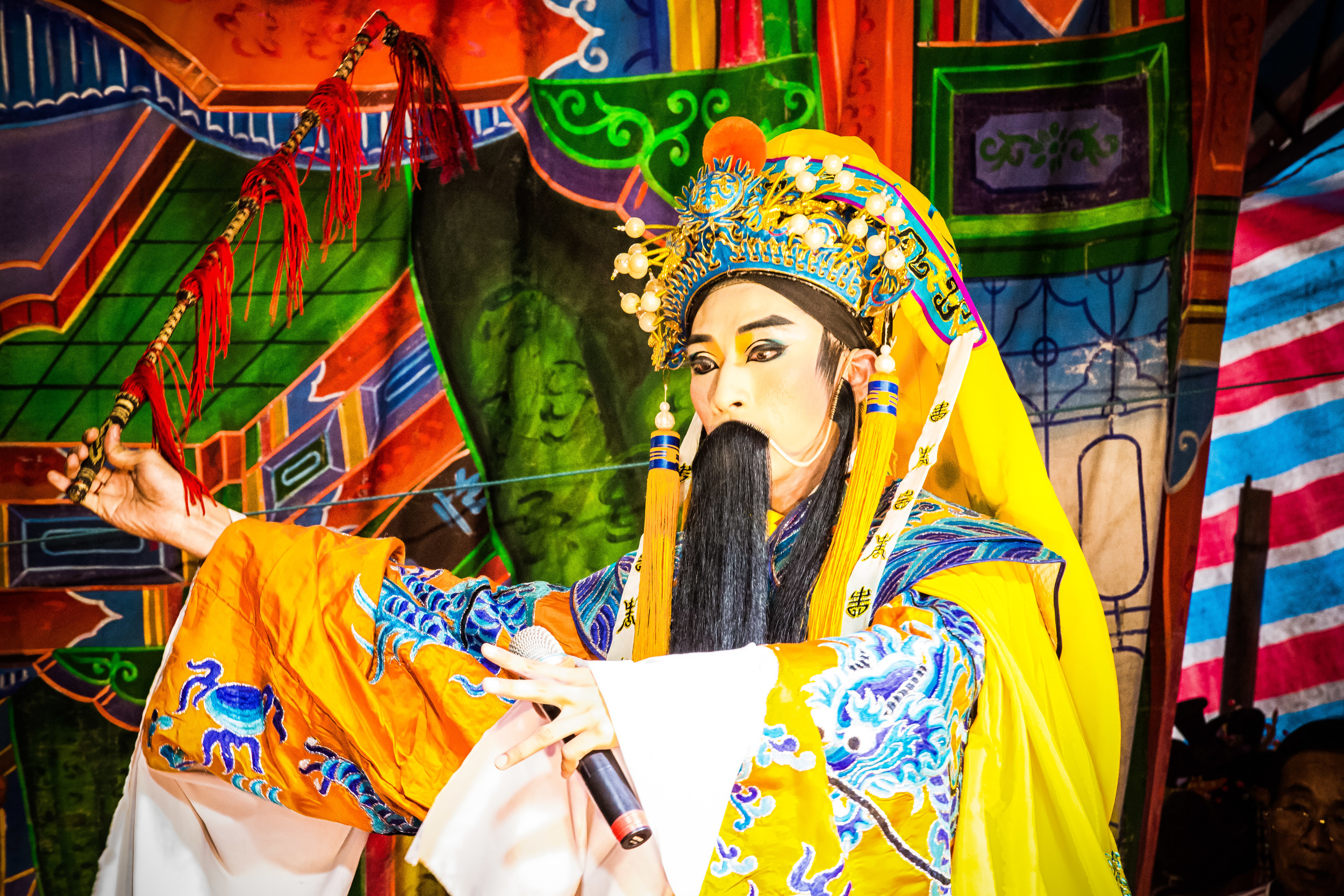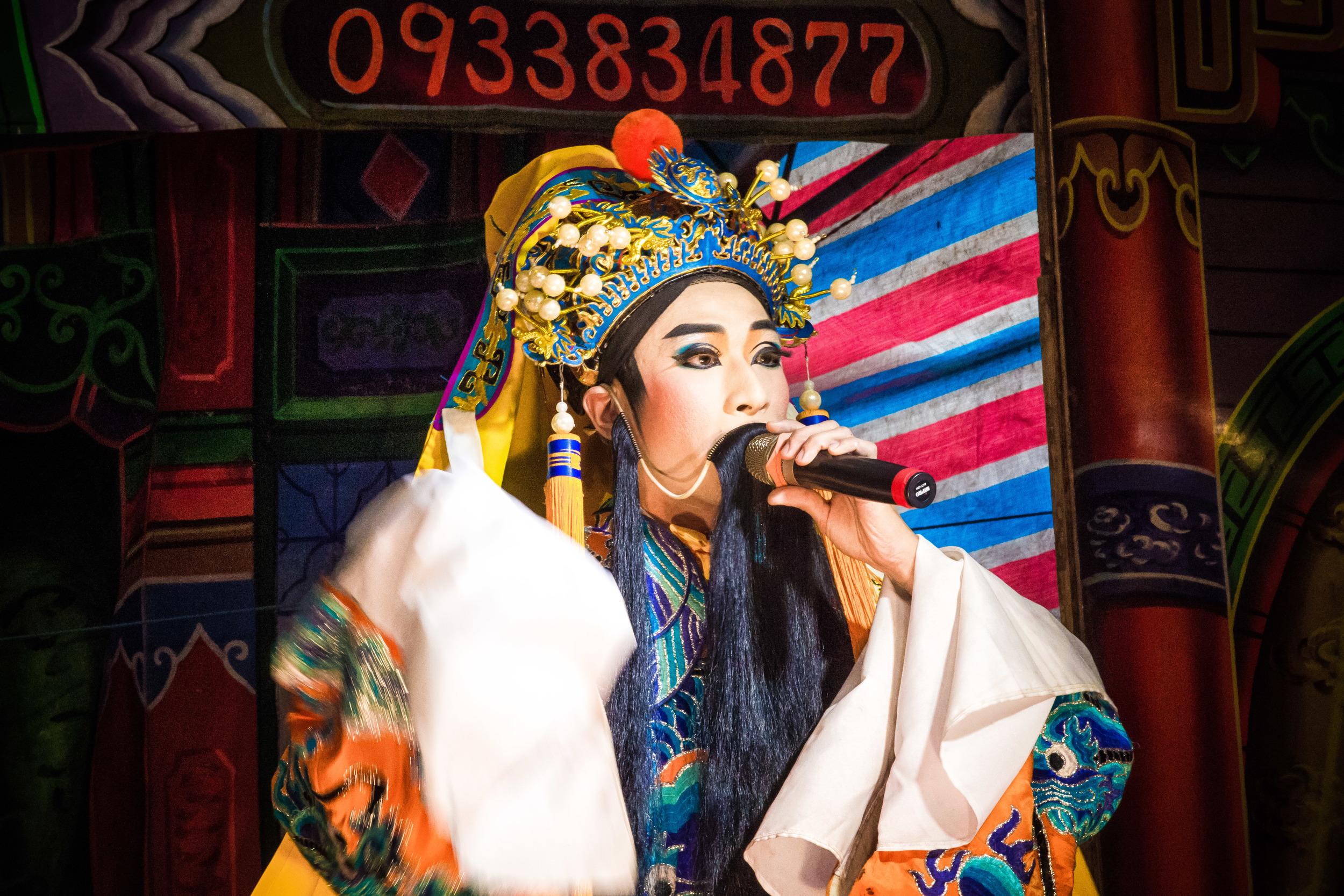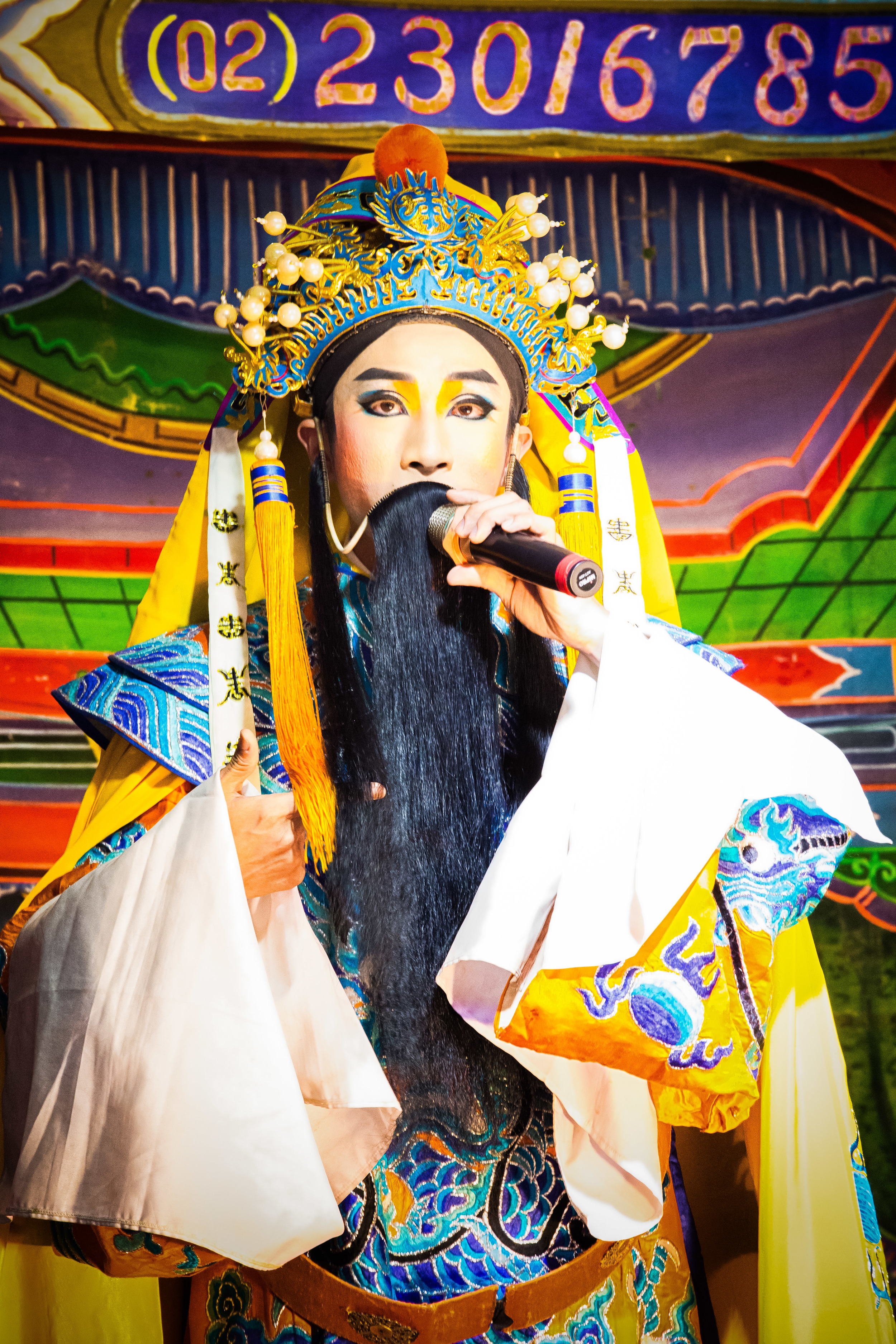In my last post about the Taiwanese Opera I explained the cultural importance of the opera and how its origin in Taiwan was directly related to the history and development of the people living in this tiny country over the past few centuries. The opera has had to work hard to evolve and adapt to modern audiences and has also been quite lucky to have survived through the various precarious political situations the land has had to endure.
Part of what makes the Taiwanese opera so special is that it transcended the boundaries defined by the various styles of opera in China evolving into a new form of folk art that rejected a rigid system of rules for a more simplistic approach to performance art and storytelling. All of this adaptation and evolution has formed into a unique art form that clings to the roots of Taiwanese culture and identity and is the reason I argued in my previous post that the opera (while having origins in China) is actually quite different and is inherently “Taiwanese.”
Taking into consideration the history of the opera and its struggles with modernity, the opera could have ultimately become a distant memory without the efforts over the last century of the Ming Hwa Yuan Opera troupe (明華園戲劇團) which has worked tirelessly to promote the opera not only in Taiwan, but around the world.
As a Canadian, it is easy for me to compare what Ming Hwa Yuan has accomplished to our very own Cirque Du Soleil. When you think of performing arts in Canada, especially in Quebec with our vibrant French culture, Cirque is probably one of the first things that comes to mind. Likewise Ming Hwa Yuan’s accomplishments and worldwide performances have done pretty much the same thing for preservation and putting Taiwanese opera and culture on the world map on a smaller scale.
The opera troupe was established during the Japanese colonial period in 1929 by Mr. Chen Ming-Chi (陳明吉) in what is now known as Pingtung county (屏東縣.) The Japanese initially allowed the local cultures inhabiting the island to continue some of their practices. When war broke out however, the Governor instituted a policy named “Kominka” (皇民化運動) or the “Japanization” of the locals which meant that it was mandatory to adopt Japanese language, culture and customs in all aspects of life as well as facing entry into the Imperial army. Despite these policies, Ming Hwa Yuan was one of the few troupes permitted to continue public performances and since being established hasn't ever stopped.
The Japanese were forced to relinquish control of the island when they were defeated at the end of WW2 allowing for another (foreign-led) regime to claim sovereignty over the island. In 1945, a few years before their ultimate defeat, the KMT-led Republic of China set up shop on the island bringing with them around two million refugees who needed some form of entertainment. This allowed for a short-lived opera renaissance with over five hundred registered troupes throughout Taiwan.
I say short-lived because as I mentioned in the previous post, modern technology and imported movies from the US and Japan soon became much more popular than the traditional opera. The KMT government in exile also started to institute its own version of “Kominka” which required all the people living in Taiwan to learn and speak Mandarin. Most of the opera troupes eventually disbanded due to their inability to attract large audiences, earn a living and put up with the police state that Taiwanese people had to endure during the martial law era.
This is where Ming Hwa Yuan differentiated itself from the rest and is the reason why this opera troupe has been so successful in carrying the banner of Taiwanese opera around the world. Ming Hwa Yuan has endured due to its ability to evolve – especially when it comes to adapting new elements of theatre, modern technology and keeping track of the social trends in the nation. The troupe is one of the few in Taiwan that makes use of elaborate stages, costumes and props as well as professional lighting and large screens that offer subtitles.
Ming Hwa Yuan performances are quite a bit different than what you would normally see on the roadside or at temple performances. The actors who perform with the troupe are the best in the country and are well recognized figures in society. If you have a chance to see them live, you will be treated to a show that runs several acts and is usually almost two hours long.
I've had the luck to attend two Ming Hwa Yuan performances during my time in Taiwan. The first performance was just after I arrived and I had almost no idea what was going on, but the visual spectacle was enough to say that I enjoyed it a lot more than the Peking opera performance I saw in China.
The second time to see them was completely different. I spent some time getting the shots I needed for a contract I was working on, but then I got a seat and sat down to enjoy the show and get a few shots for myself as well. This time I had the aid of improved listening skills in the Taiwanese language and subtitles to reinforce the parts I didn't get. The story was allegorical and an interesting take on family structure and the filial nature of Taiwanese society. The conclusion was quite moving and cheers erupted from the crowd when they got their happy ending.
Keep your eye out for Ming Hwa Yuan performances – They play in outside theatres and large concert halls alike. There are also several different groups within the company, so it is really easy to find them. There are a lot of things to see and do in Taiwan but I think experiencing one of these performances should be at the top of anyone's bucket list and is an experience that will teach you more about the land, the culture and its history than a trip to the top of Taipei 101 will do!
